Subscribe for Access
We’ve picked out our favorite podcasts for partnership newbies and industry veterans. Hear from MSP experts, innovative CEOs, analysts, and authors.

If you’ve dipped your toes into the world of podcasts, you know there’s a lot out there (Hello, choice paralysis). And, let’s be honest, it can sometimes be difficult to choose from a long list of MSP podcasts—especially when the content is unengaging and unhelpful.
Well, today’s the day! We made it easy for you to find your next (or ✨first✨) favorite podcast.
We listened to more than 70 podcasts, and we narrowed it down to these top 12 picks.
(What were our absolute favorites? Well, if we must: Evolved Radio, The Killing IT Podcast, PartnerUp, and Scaling up: Lessons from the world’s best CEOs and Founders have us coming back for more.)
So, what were the factors that went into making our final picks?
- They’re informative (Think: big-picture insights and actionable takeaways)
- They feature some of the biggest players in their respective industries (Think: Supernodes)
- They feature stories from amazing leaders you may never have heard from before (with equally impressive stories)
- They’re an all-around good time
If you think we missed a podcast that should be on the list, let us know by tweeting us @crossbeam.
The 12:
- #1 Hear from leaders in the SaaS Ecosystem about how you could fit into their partner program or adapt your own strategy (Great for Industry Vets).
- #2 Hear authentic, timely conversations with industry leaders about how they’ve pivoted their strategies in times of change (Great for Industry Vets + Curious Newbies).
- #3 Get the inside scoop on how revenue leaders landed ground-breaking partnerships that led their companies to “supernode stardom” (Best for: Industry Vets + Curious Newbies).
- #4 Get your basic knowledge and tactics around channel sales and partnerships to improve your career (Great for Anyone New to Channel Sales).
- #5 Get right to the good stuff and dig deeper into what’s working and why with the top leaders in SaaS (Great for Industry Vets + Curious Newbies).
- #6 Contemplate the intersections of tech, business, and current events with a mix of guests, from OTT (over-the-top media) giants to education pioneers (Great for Everyone).
- #7 Hear free-flowing, fresh perspectives from great thinkers (Best for Everyone).
- #8 You’ll feel like a top CEO just shared the heart and soul of their biggest projects with you (Great for Everyone).
- #9 Get actionable advice (beyond the “best practices”)—in partnerships and beyond (Great for Industry Vets + Curious Newbies).
- #10 Get advice from the big players to help you build your partner ecosystem (Great for Industry Vets + New Partner Managers).
- #11 Hear how top partnership leaders pivot their strategies to adapt to change (Great for Industry Vets).
- #12 You’ll feel like you’re hanging out with your smart, funny pals (and learning something, too) (Great for Everyone).
Before you forge onwards, check out our scoring system so you can make quick judgments about the podcasts you might like. You can find the relevant scoring icons on the featured image in each section.

#1 The Partnered Podcast
Hear from leaders in the SaaS Ecosystem about how you could fit into their partner program or adapt your own strategy (Great for Industry Vets).

If you’re curious how some of the biggest partner programs function and why they are the way they are, this is the podcast for you. The Partnered Podcast invites leading industry players to get into the day-to-day intricacies of their companies’ roadmapping, processes, and goals.
Curious how Adobe Exchange’s partner program works—from the inside? You got it. Want to hear cathartic stories of professional growth? Eh, maybe check out Scaling Up: Lessons from the world’s best CEOs and Founders instead.
By the way—Although The Partnered Podcast is relatively new to the scene, they have an incredible lineup of guests, including Oren Stern (monday.com), Drew Quinlan (RingCentral), and Adam Biehler (mParticle).
One thing we’ve learned from The Partnered Podcast:
In the episode #10, Emily Wenzler takes us inside the Adobe Experience Cloud partner program.
Wenzler speaks about how critical it is to adapt your strategy and messaging to the specific needs of each partner—even if they overlap in industry. She relies on her team’s account managers to identify customer needs from one company to the next within a particular industry.
She says, “This is what we do for this financial services company, and now that we’re going to talk to this other financial services company, can we talk about the value prop to them in particular and develop that really bespoke approach and message to that specific customer, and that, frankly, is how you build trust at the enterprise level.”
Subscribe on Apple Podcasts.
#2 Ultimate Guide to Partnering
Hear authentic, timely conversations with industry leaders about how they’ve pivoted their strategies in times of change (Great for Industry Vets + Curious Newbies).

If you’re working in B2B SaaS, IoT, or any other technology-driven industry—which, let’s be real, isn’t tech taking over just about every industry these days?—change is just normal. So while the Ultimate Guide to Partnering podcast is now alive and kicking after a hiatus dating back to 2018, the lessons from these stories stretch much farther than the confines of 2020. How you deal with seasonality, shifts in internal processes, or unprecedented times can make or break your program.
Podcast host Vince Menzione chats with guests like Jay McBain (Forrester Consulting), Tony Safoian (SADA Systems), Sharan Hildebrand (Hitachi Solutions North America), and more.
One thing we’ve learned from the Ultimate Guide to Partnering podcast:
In “Trailblazing, In a Time Like No Other”, we hear from Rodney Clark, Microsoft Corporate Vice President of Internet of Things (IoT) and Mixed Reality Sales, about the escalating relevancy of IoT and SaaS and how Microsoft’s partnership strategies have shifted.
Clark speaks about the shift in needs from endpoint devices—like PoC (point of care) devices that require close contacts with patients—to contactless solutions.
“We’ve taken those endpoint devices and are now leveraging them to help make smart retail or to help make smart factories, and it’s gone and evolved into these broader ecosystems. ‘Hey, how do we make a smart city that’s full of these smart factories that have these connected manufacturing environments.’ The maturity of IoT and the evolution of IoT has been amazing. It’s been around for years, but in the last couple of years it’s really accelerated.”
Companies that deliver IoT services are jumping in to fill the urgent needs of factories, healthcare facilities, and so many other workplaces—which means there’s a ton of opportunity for SaaS companies to swoop in to make sense of a whole new emergence of data. When looking to the future of your partnership program, look to other industries and service models to see how you can meet them where they’re headed.
Subscribe on Apple Podcasts.
#3 PartnerUp
Get the inside scoop on how revenue leaders landed ground-breaking partnerships that led their companies to “supernode stardom” (Great for: Industry Vets + Curious Newbies).

Hosted by Jared Fuller (Drift) and Kevin Raheja (Typeform), PartnerUp is the newest podcast to hit your screens and your pods. Jared built sales and partnerships at PandaDoc, and now runs global partnerships at Drift. Kevin built partnerships at Groupon, platform at HubSpot, and now leads Go-To-Market for Typeform. We’re excited to sponsor the series, which invites industry vets to revel in their biggest, baddest partnership programs to date. The production quality is spot on, and you can follow along on YouTube if you’re looking to put faces to the voices.
You may just find yourself laughing along with everyone—as if stories about writing half-a-million-dollar checks and, basically, generating SaaS’s version of The Big Bang Theory are hilarious.
New episodes are released every week on YouTube (subscribe here) and wherever you get your podcasts. The first five are now live:
- Ep: 001 – Jared Fuller & Kevin Raheja – Landing your first Sumo
- Ep: 002 – Bobby Napiltonia – Building Enterprise Channel at SFDC
- Ep: 003 – Cristina Cordova – Transitioning Partner roles
- Ep: 004 – Peter Caputa – Partner Marketing and Enablement
- Ep: 005 – Adrienne Coburn – Strategic partnerships at Shopify
One thing we’ve learned from the PartnerUp podcast:
In episode two, Fuller and Raheja chat with Bobby Napiltonia, who established Salesforce’s Enterprise Channel Partnerships and Salesforce AppExchange between 2005-2009. He’s had quite the career since then, but we were excited to hear how he pioneered some of the biggest partnerships that jump-started Salesforce’s status as a supernode.
While at Salesforce, Napiltonia says he looked for new verticals they could enter and ways they could come to the rescue for potential partners in those verticals.
“What made us go after financial services was that compliance came. And if you remember, Sarbanes-Oxley required that you couldn’t have that black book. At the time, your financial advisor would take his book with all of our names and information and he’d get on the train to go home and he might leave it there.”
He adds, “We went after Meryll Lynch to be the first financial advisor platform to go after because they had $25,000—and a partner brought us that deal, John Orrock from OKERE Systems. I remembered the day we called him to say, ‘Hey, we have a publishers house clearing check for you,’ and it was $543,000 dollars. It was 10% of the five-million-dollar deal. We were all happy because I get to show every other partner, guess what, you, too, could get half-million dollar checks from us.”
If that’s not the power of partnerships, we don’t know what is. A single EQL (ecosystem-qualified lead) created an opportunity for Salesforce that they wouldn’t have accessed without a partner relationship, and the deal created a wave of opportunities with brand new revenue streams. Salesforce is now a trillion dollar ecosystem.
Subscribe on Apple Podcasts.
#4 The Partner Channel Podcast
Get your basic knowledge and tactics around channel sales and partnerships to improve your career (Great for Anyone New to Channel Sales).

If you’re new to channel sales and partnerships or starting a partner program from scratch, you can think of this podcast as a “Partnerships 101”—just enough insight to bring your partnerships knowledge to the next level, but across broad topics like “inbound vs. outbound opportunities,” “improving the partner experience,” and “compensating your partners.”
Looking for a high-energy, wake-up podcast? This show may not be for you. Looking for background-conversation during your morning run or between meetings to level up your knowledge? Check this podcast out.
Hosted by Daniel Graff-Radford of Allbound, The Partner Channel Podcast features guests like Michelle Gunter (Partner Perspectives), Doug Remington (DTEN), and Sunir Shah (AppBind).
One thing we’ve learned from The Partner Channel Podcast:
In “How to Build a Channel Ecosystem From Scratch”, Executive Vice President of HKA Enterprises, Aaron Cullip, talks about the benefits of indirect vs. direct sales and how to identify partners for your new channel partner program.
On indirect sales (a.k.a. channel sales), Cullip says, “I’m closing 50-60% of the business that is brought to me, whereas if I’m going directly to the market, I may close 10-20% of all the business I’m working on because I don’t have that relationship.”
Cullip also speaks about the importance of staying in front of all of your partners throughout the partner journey. He prioritizes in-person meetings with his high-priority partners and periodic emails and phone calls with smaller scale partners. If you’re not top-of-mind for your partners, some of those relationships (and any potential partner-fueled revenue) may fizzle out.
Subscribe on Apple Podcasts.
#5 The Software Channel Partner Podcast
Get right to the good stuff and dig deeper into what’s working and why with the top leaders in SaaS (Great for Industry Vets + Curious Newbies).
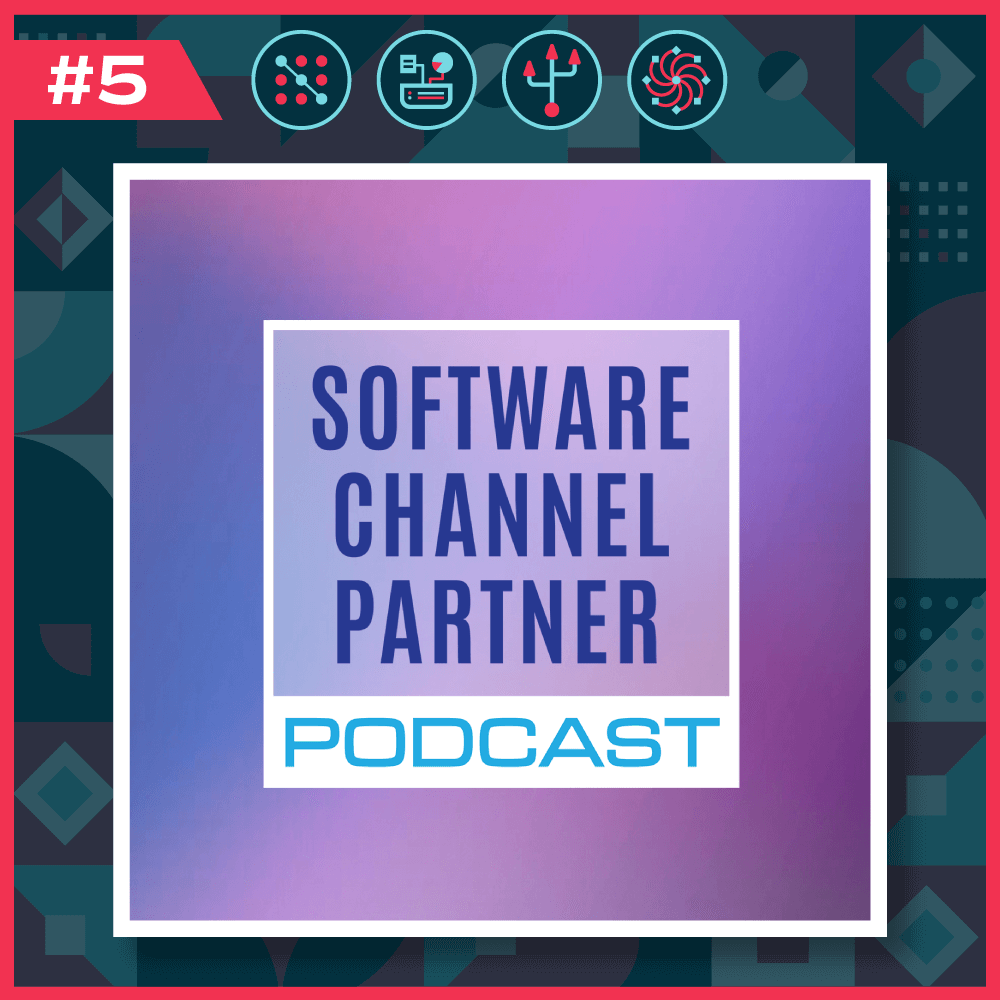
Wish you could go beyond the surface and get a closer look into a tactic, process, or framework that industry experts love? In The Software Channel Partner Podcast it’s like they had an interview before the interview to weed out the generics and get into the specifics.
Host Louis Gudema, President of revenue + associates, talks to Evan Kirstel (eViRa Health) about what happens after his sales team gets new followers on social media, Sandra Glaser (Ciena) about creating bespoke programs for each partner, and Balaji Subramanian (ServiceMax) about winning partners’ hearts and minds. That’s the good stuff.
One thing we’ve learned from The Software Channel Partner Podcast:
In Gilbert Vendryes: Creating Partner Happiness for Competitive Advantage, we hear from Vendryes, Senior Executive in Global Strategy & Operations (a.k.a. “Delivering Partner Happiness,” per his LinkedIn title) about how he keeps partners happy at Zoom.
Vendryes’s role is to make sure each part of the partner journey, from onboarding to restrategizing, runs optimally. He says his job is to keep things simple and efficient for each partner, despite the fact that each partner is one of many.
He says the difference between a two-click journey and a five-click journey has a big impact on the happiness of the partner.
“How can we get a partner onboarded in less than two hours while not having them filling 40 pages of a contract?”
Even with a “two-click experience,” Vendryes says some partners still take a long time getting to the end destination. Part of Vendryes’s job is to analyze that journey and ask, ‘What is delaying them from completing the activities we’re asking of them?’ and ‘What are the things they need before getting to the right place?’.
Think about how you can prioritize a fast onboarding experience and streamline other processes that help move a potential partnership forward while scaling your partnership program.
Subscribe on Apple Podcasts.
#6 Business Casual
Contemplate the intersections of tech, business, and current events with a mix of guests, from OTT (over-the-top media) giants to education pioneers (Great for Everyone).

Business Casual by Morning Brew has got a kick (Think: coffee, but as a podcast). Host Kinsey Grant leads stimulating conversations with a rounded-out mix of business leaders, analysts, educators, and, really, anyone with an interesting perspective on topics like how a “birth bust could bust the economy” or that “entrepreneurs are like cockroaches.” It’s like Morning Brew blurted out a topic that sounded outlandish at first, but, actually, there’s something interesting there. And then, there was an awesome podcast.
Plus, Kinsey’s energy keeps the conversation going, and, honestly, we wish more hosts were like her.
One thing we’ve learned from the Business Casual podcast:
In “Who’s the Next Netflix”, CEO Reed Hastings speaks about how he grew Netflix to become a $200 billion company, which of their predecessors inspired the platform’s initial service model, and how their success influenced the rise of other OTT media players.
“My Co-CEO Ted Sarandos screwed up in the content business and really educated us about how, say HBO, had started on other people’s content back in the 80s and 90s and then moved into their own content, and obviously that was very successful for them. That was the source of his famous quote that we had to become HBO, meaning strong and original content, before they became us, meaning strong on the internet.”
So, Netflix looked to HBO, HBO raced to keep up (Hello, HBO Go), Disney+ looked to Netflix, Netflix raced to keep up. (Quick! Analogy quiz: Netflix is to HBO as Disney+ is to _____).
If you can’t beat ‘em alone, beat ‘em with a partnership. Netflix paved the way for their category by building on what HBO had created—but on the internet, more diversified, and personalized. However, in their success, they also faced gaps—limited content for the kiddos and those that love the “recent oldies” (Think: Boy Meets World).
When Disney+ waved its angry, magic-wand-holding hand at Netflix, Netflix looked to an equally nostalgic, kid-friendly network—Nickelodeon—to help them fill that gap and create Netflix-original content for kids.
Subscribe on Apple Podcast.
#7 Masters in Business
Hear free-flowing, fresh perspectives from great thinkers (Great for Everyone).

Hosted by Bloomberg Opinion Columnist Barry Ritholtz, Masters in Business brings together great thinkers from all walks of business (Think: finance, sports, tech) and draws the kind of parallels that make you feel like your mind is expanding by the second.
Masters in Business guests like to go on smart tangents, and we like listening.
One thing we learned from the Masters in Business podcast:
In “Morgan Housel on the Culture of Finance”, Partner at Collaborative Fund and former Wall Street Journal Contributor Morgan Housel discusses his new book, The Psychology of Money—and he’s definitely got our interest.
The insights Housel shares are fantastic for inspiring out-of-the-box thinking (and strategizing), especially for those analyzing the growth of new industries and the competitive landscape.
“I am a financial writer. I write about investing and the economy, but I never read finance books. I never read investing books. I rarely read anything online about investing. I just want to cast the widest net that I can and read about behavior—how people think and how people have dealt with greed and risk and scarcity—and try to learn from that in a way that’s going to make me a better investor, make me a better investor writer.”
Housel believes that reading about a range of subjects that tangentially relate to the subject matter you’re exploring will make you a better expert in your field.
Subscribe on Apple Podcasts.
#8 Scaling Up: Lessons from the world’s best CEOs and Founders
You’ll feel like a top CEO just shared the heart and soul of their biggest projects with you (Great for Everyone).
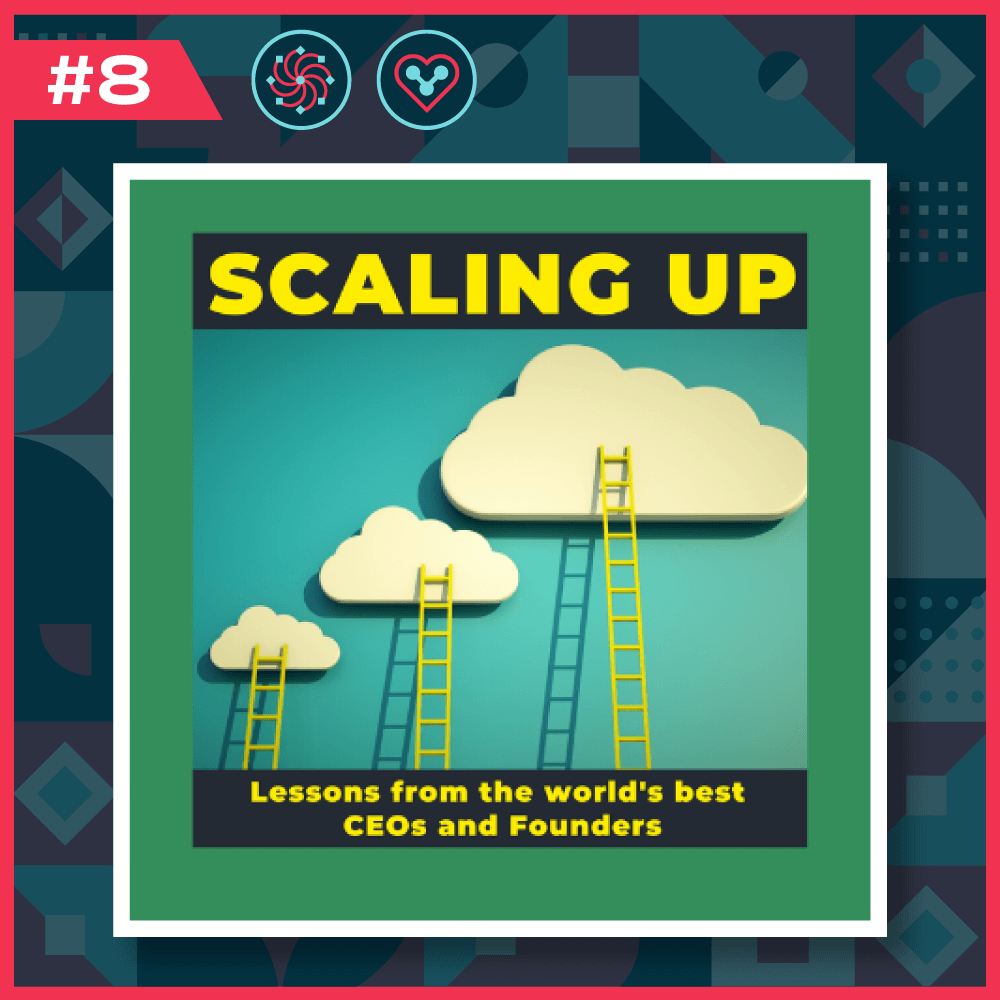
Remember how we said we loved the energy of Business Casual’s host, Kinsey Grant? Well, we love the compassion of host Ed Cowan. Seriously, you can feel the respect he has for his guests, and it just pulls us in. Scaling Up: Lessons from the world’s best CEOs and Founders is a series of conversations with passionate business leaders who aren’t afraid to share stories from the heart—from discussing friction between business partners to sharing the unintended benefits of acquisitions.
His guests include Anneka Gupta (LiveRamp), Jonathan Corr (Ellie Mae), and Nick Stone (BlueStone Lane), to name a few.
One thing we’ve learned from the Scaling up: Lessons from the world’s best CEOs and Founders podcast:
In “The Road to the Extraordinary,” Cowan speaks with Rick Stollmeyer, co-founder of Mindbody. Nearly 20 years after Stollmeyer co-founded Mindbody and two years after Vista Equity Partners acquired the company, Stollmeyer continues to serve as CEO. He says the company hasn’t reached its full potential yet, and he wants to see it through.
Stollmeyer opens up about how he feels their parent company, Vista Equity Partners, impacted Mindbody for the better:
“They’ve helped up our game analytically in the business, number one. Number two, is a set of operational best practices that have been proven to work in large businesses of scale. To go from zero to $300 million in revenue, in every stage of that growth there’s a different set of operational challenges. Since being privately held by Vista I would say that we have upped our game in terms of operational discipline and operational excellence. This is a far better run company than it was a year ago, and we wouldn’t have gotten here quite so effectively as a public company.”
If you play your cards right, your strategic partner may very well run your business one day. When considering potential parent companies, consider if their business values align with yours. Would they improve your company or detract from it?
Subscribe on Apple Podcasts.
#9 Evolved Radio
Get actionable advice (beyond the “best practices”)—in partnerships and beyond (Great for Industry Vets + Curious Newbies).

Evolved Radio is easy, insightful listening. It’s down-to-earth, actionable, and you feel smarter while listening to it. That’s what podcasts are supposed to do, right? (Consider trying something new by checking out the genetic engineering episode—somehow, you’re suddenly into genetic engineering, right?).
Host Todd Kane digs into challenges like pricing projects, building cloud infrastructure, and managing ADHD in adulthood (specifically, understanding its context in entrepreneurship). Kane’s guests include authors Robert Merki (ADHD Pro) and Linda Rose (Get Acquired for Millions), cyber-security expert Jennifer Bleam (MSP Sales Revolution), and more.
One thing we’ve learned from the Evolved Radio podcast:
In “How to Price Your MSP Offering”, Kane speaks with Nigel Moore, Chief Results Officer of The Tech Tribe and a mentor for business leaders growing their MSPs.
“Most MSPs should aim to mature to the single plan over time, and that takes not only a sales maturity, getting used to going to an environment and selling people exactly what they need, but it also takes operational maturity in your business in your service delivery and what not so that you really understand your cost.”
Moore says that small MSPs should be nimble—as in, they should offer a “good,” “better,” and “best” plan so that they can receive feedback, iterate, and chip away at developing a single plan as they scale. Testing is critical.
“If you’re in the early stages of your pricing journey and you go to market with just one plan, you’ve got nothing to fall back on. You’ve got to sell that one plan and you don’t have any data or any feedback.”
If you’re just starting your MSP, try out a tiered pricing plan to gain clients and collect valuable insights and feedback. Take strategic steps to gather the right data early on so you can hone in on the best plan for you and your clients in the future.
Subscribe on Apple Podcasts.
#10 Ecosystem Aces
Get advice from the big players to help you build your partner ecosystem (Great for Industry Vets + New Partner Managers).

Find the right Ecosystem Aces episode, and your mind very well may explode with new ways of thinking. While we might not hit “subscribe,” so to speak, there are some incredible gems in Ecosystem Aces by WorkSpan and we suggest giving it a listen. Host Chip Rodgers speaks with guests like Shivkumar Subramaniam (Mindtree), Meg Brennan (Riverbed Technology), and David Totten (Microsoft). The show focuses on how the partner ecosystem is changing and what the future may hold for innovations in technology.
One thing we’ve learned from the Ecosystem Aces podcast:
In “Sometimes, The Threat Comes From Outside Your Industry” Leslie Shannon, Head of Ecosystem and Trend Scouting at Nokia, shares how Nokia is switching gears to get creative about growth opportunities—they’re now focusing on software.
“The reason we’re doing this is to see what new technologies are coming that are going to need the network and that therefore we should be building the network for, so it’s really important for us to be looking at things like cloud gaming, things like augmented reality, things like virtual reality—What are the needs of these things going to be, not now but in 2028?”
She continues, “So we can make sure that our customers—the phone companies—are working now to build the networks going to be needed to support everything going on then.”
Shannon’s message is critical: look within and outside of your industry as it currently exists to identify where opportunities may lurk, where companies are growing their offerings to intersect with yours, and how you can meet new demands emerging from technology.
Diversify your partner ecosystem to build paths into overlapping and new markets. By doing so, you’ll also gain visibility into other companies in the ecosystem, observe their growth, and understand their use cases earlier. Partners and competitors can take the form of unfamiliar shapes; the ecosystem is your map for observing trends and anticipating ecosystem “ripples” and “explosions”.
Subscribe on Apple Podcasts.
#11 Channel Journeys
Hear how top partnership leaders pivot their strategies to adapt to change (Great for Industry Vets).

If you can take the complexities of the largest partner program strategies, extract the essence of what’s working for them, and get creative about adapting your company’s plan, that’s a job well done (and this podcast is for you!).
On Channel Journeys, host Rob Spee speaks with guests Steve Stewart (SmartSheet), Neeraj Satija (Concordus Applications), and Joseph Landes (Nerdio) to hear what they believe contributes to the success of their partner programs.
One thing we’ve learned from the Channel Journeys podcast:
In their September 2020 episode, “How to Build a Partner Program for a Remote World”, Rob chats with VP of Worldwide Channels at GitLab, Michelle Hodges, to hear her strategies for restructuring partner programs in the age of remote work.
Hodges believes her team’s ability to iterate on key documentation has been a key factor in their ability to adapt successfully during 2020.
“We document everything. We have an over 5,000-page handbook of how we do business, how we go to market, how we build our software, the releases that are coming.”
She adds, “We add to our program guide all the time – We don’t change the fundamental contractual nature of what we’re doing, but we are able to add to it and modify it.”
Process and documentation make a huge difference in keeping everyone on the same page—internally across teams and externally across a growing ecosystem of partners.
Set your entire partnerships team up with clear processes and documentation so they can bring any member of their immediate team and other stakeholders—from sales reps to the CMO— into the picture at the right time. Establish these systems with the understanding that they’re flexible and that you should revisit them with fresh eyes from time to time. Create room for adaptability so you can meet “change” face to face when it arrives.
Subscribe on Apple Podcasts.
#12 The Killing IT Podcast
You’ll feel like you’re hanging out with your smart, funny pals (and learning something, too) (Great for Everyone).

Hosted by entrepreneurs and authors Karl Palachuk, Ryan Morris, and Dave Sobel, these are three guys that love talking about all things tech, joking around about where it’s heading, and throwing solid bits of smart analysis your way. Episodes cover topics like Big Tech Business and College Evaluations, AI Legal Assistance, Fortnite vs. Apple, and The New Gartner Hype Cycle.
One thing we’ve learned from The Killing IT Podcast:
In Emerging Technology, Epic v. Apple (Again), and SaaS Management, Palachuk, Morris, and Dave start out jesting about a silly, yet relevant bit of news:
“The big announcement yesterday was that Roomba was putting AI in its vacuum.”
“Well, it is about time.”
“Well, exactly. The thing doesn’t know where to go.”
If you’re getting flashes of Abbott and Costello, we’re with you. But, then—
“AI is nowhere near fully mature, but it is squarely in the space that vendors, and distributors, and solution providers of all stripes have better be paying attention and figuring out ways to productize that in your own portfolio.”
Man, my friends are cool.
Then the conversation shifts to blockchain—its value as a standalone concept and the value it adds to other industries.
“Categories of emerging capabilities are meaningless beyond the concept stage. But the problems that these things can tangibly solve in the real world, that’s what somebody will actually pay you for.”
He continues, “I do not believe anyone is going to pay you for blockchain. I believe that blockchain will become relevant and meaningful when you can say, ‘and here is a way that we can use this in the agriculture business, in the healthcare business, in the pharmaceutical business to solve a problem.’”
Remember how Morgan Housel from the Masters of Business podcast spoke about how long it took for people to consider the airplane a viable transportation option? Or how Leslie Shannon mentioned Nokia’s inability to take Apple seriously as a competitor? There’s an interesting thread here (coming at us from all angles!) about anticipating the evolution of technology and its potential to create transformation like a ripple effect across many markets—and thus impacting the way many businesses function (and partner).
When you think about the partnerships you’re developing, think about how you can access and help more people in your market and also how you can combine forces to access new markets. Think big in your strategic partnerships: who can you look to to create a new ripple effect in an ecosystem that you don’t even exist in yet?
Subscribe on Apple Podcasts.
_
So, what do you think? Will you cast a wide net and hit “subscribe” to a few of our favorite podcasts? Maybe throw in some philosophy, psychology, and history podcasts to boot? Well then, more power to you.
If there’s one thing we’d whole-heartedly recommend, it’s never to limit yourself. Dive into a podcast that sounds interesting or one you’d never in a million years imagine yourself liking—you never know where you’ll learn something that you can apply to your career, your life, and the future of the ecosystem.
After listening to 70+ podcasts, we feel like we know a thing or two.
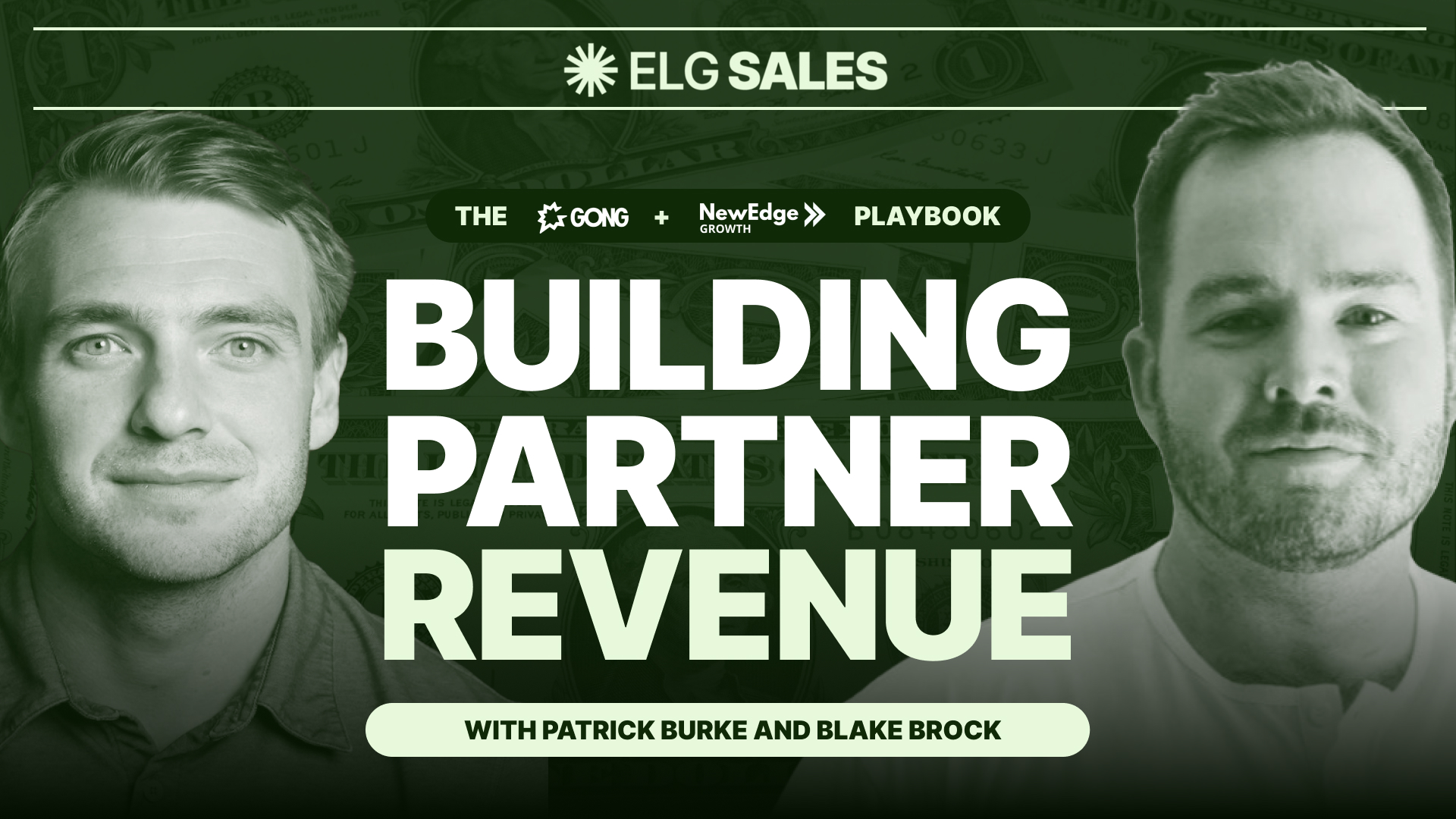
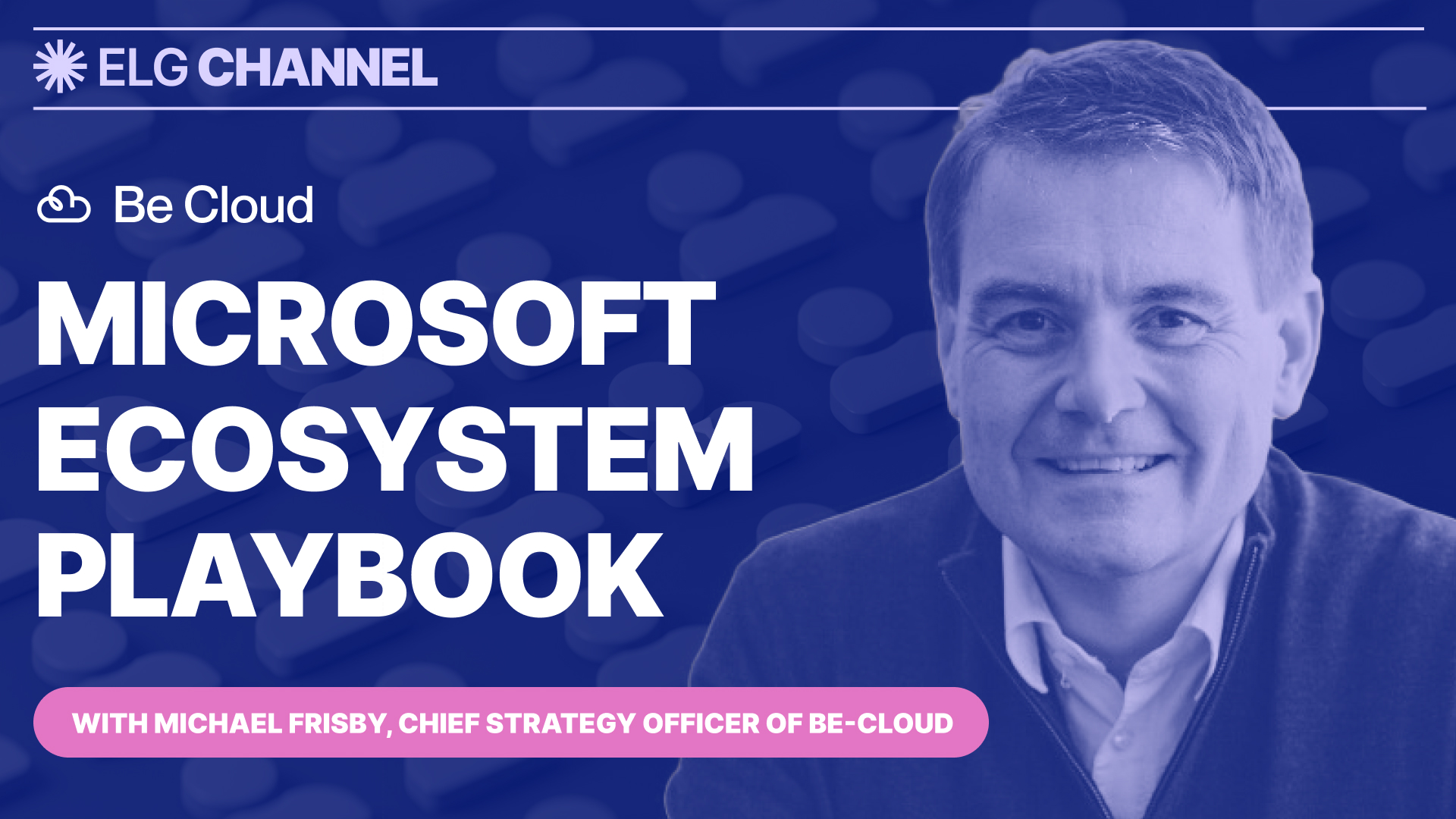
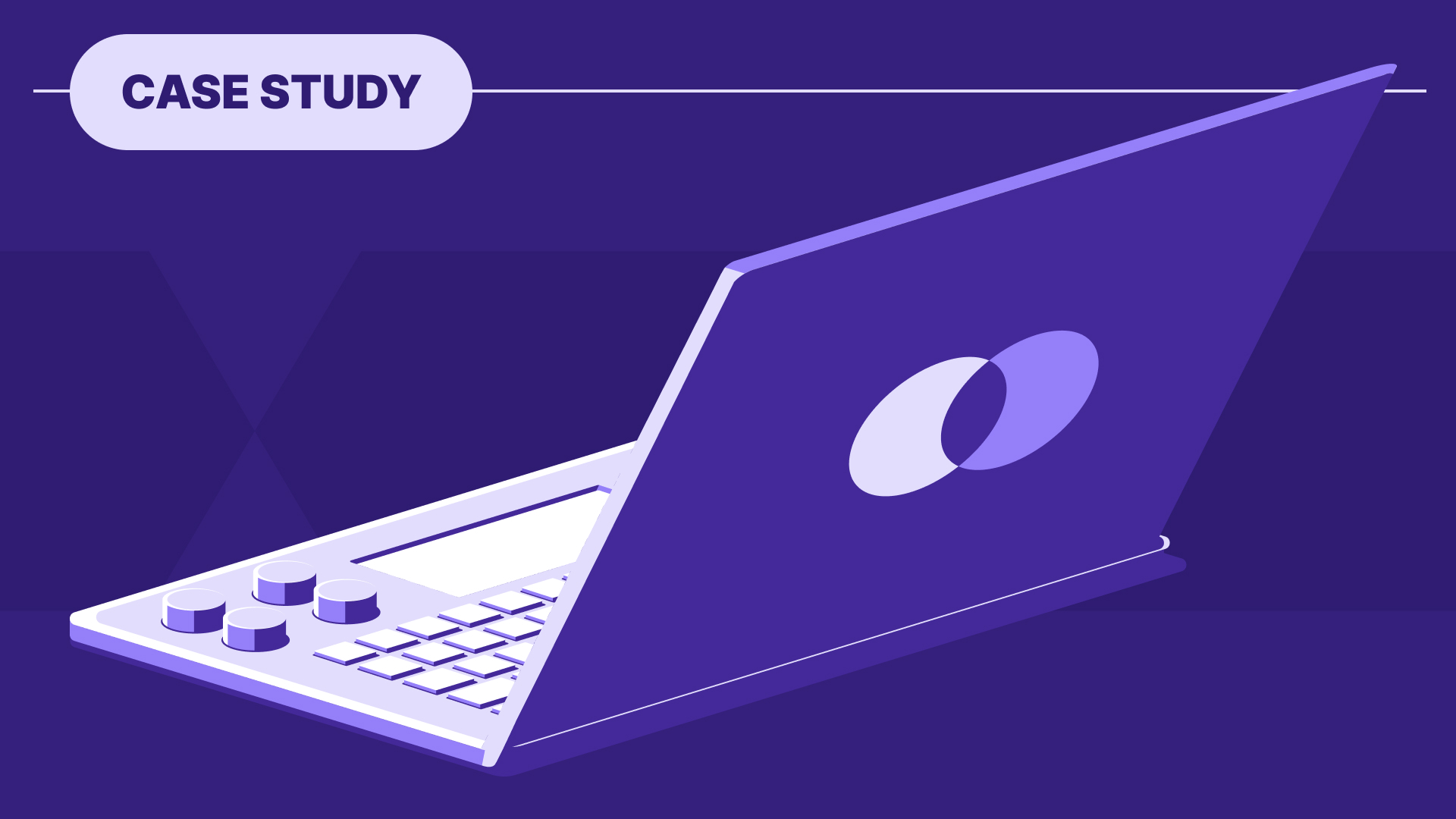
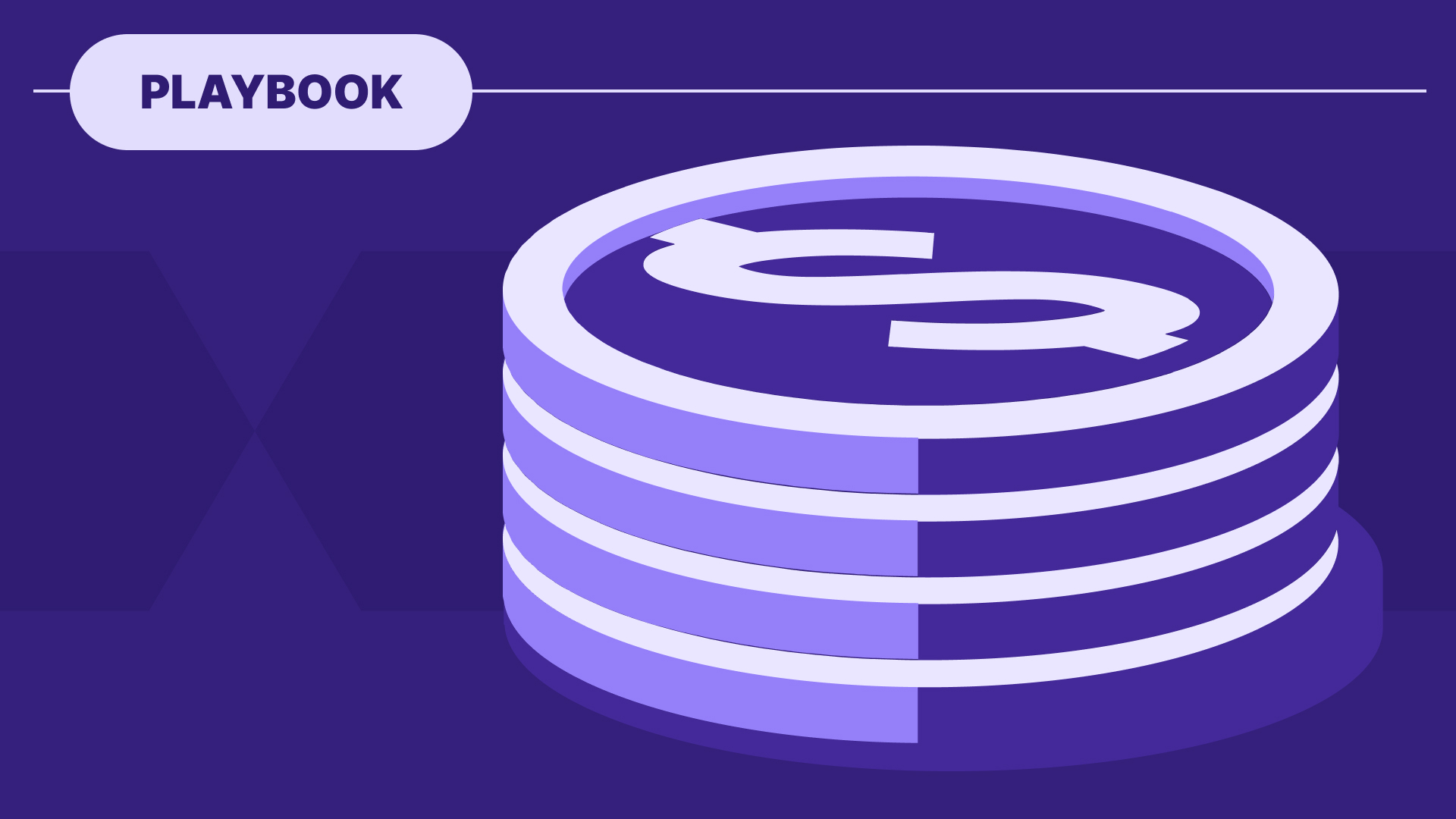

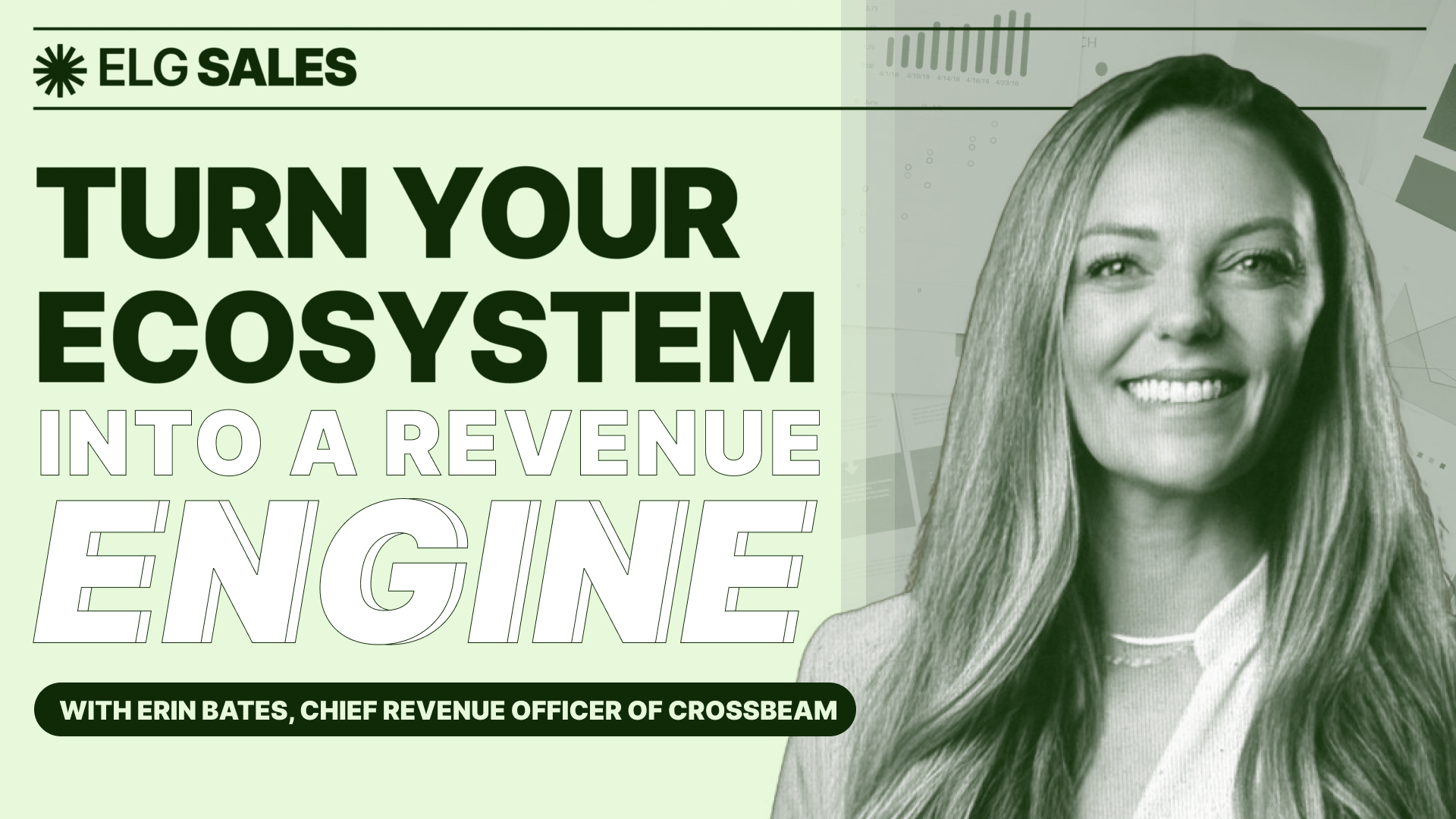
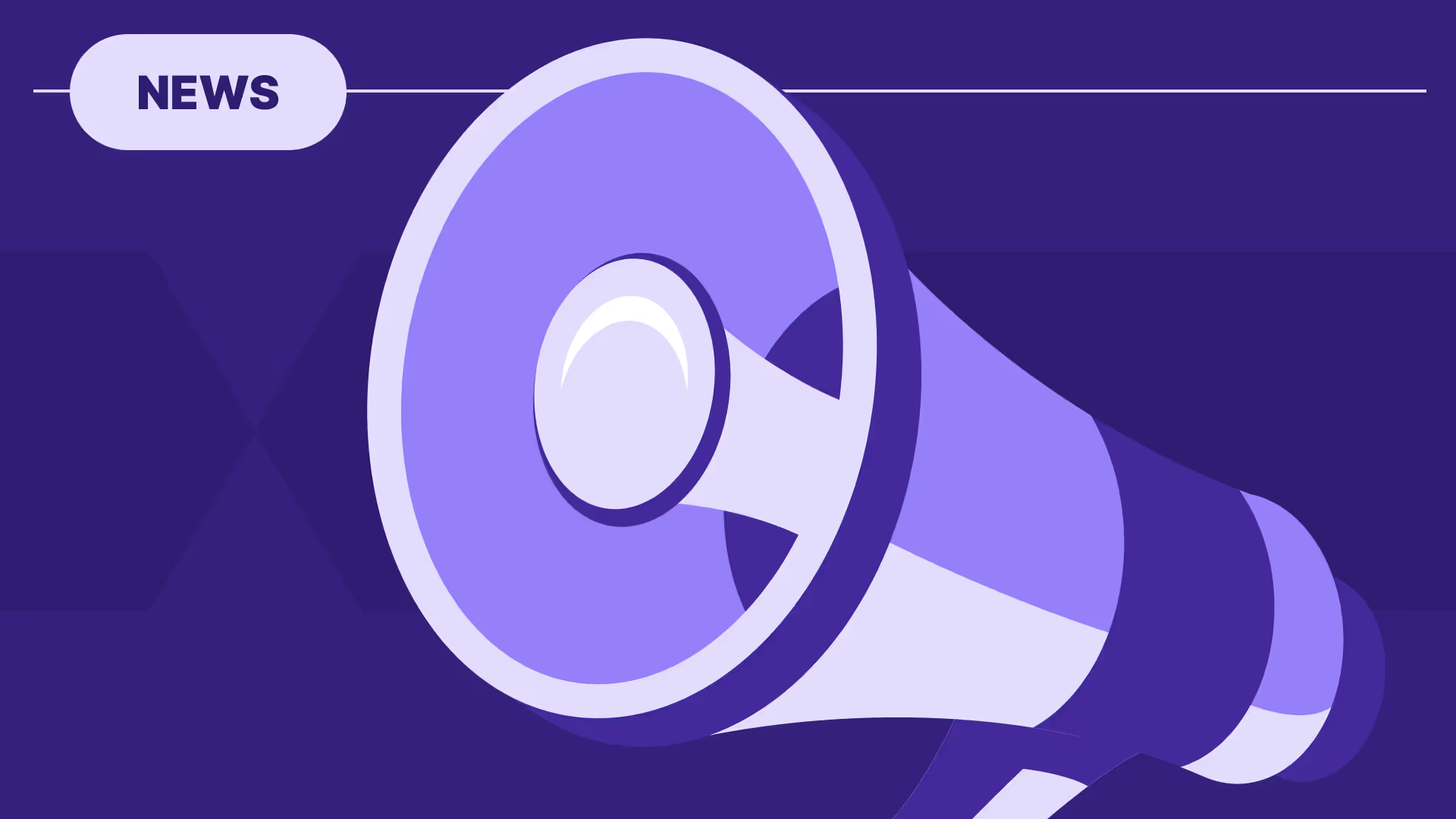
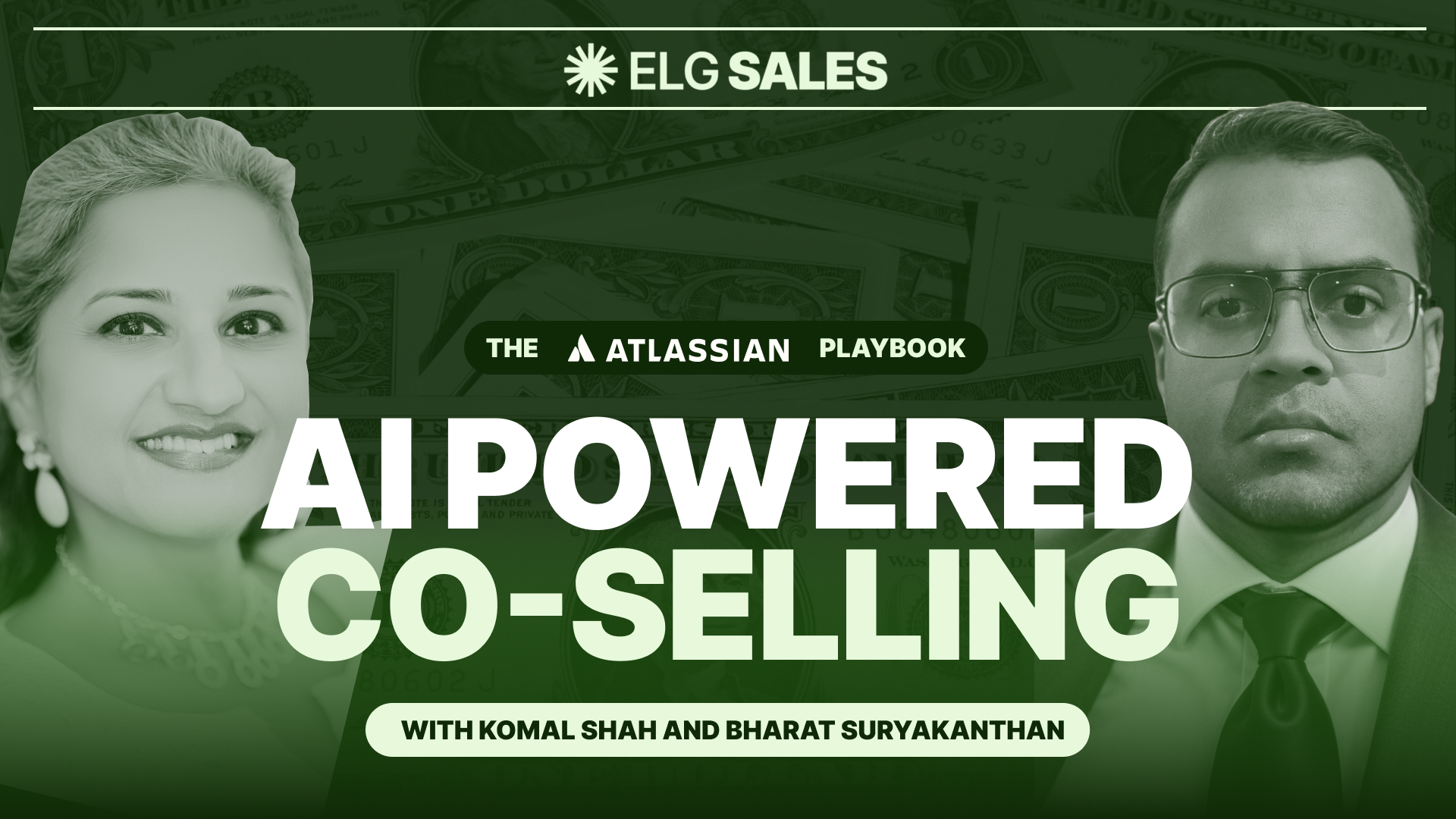
.jpg)
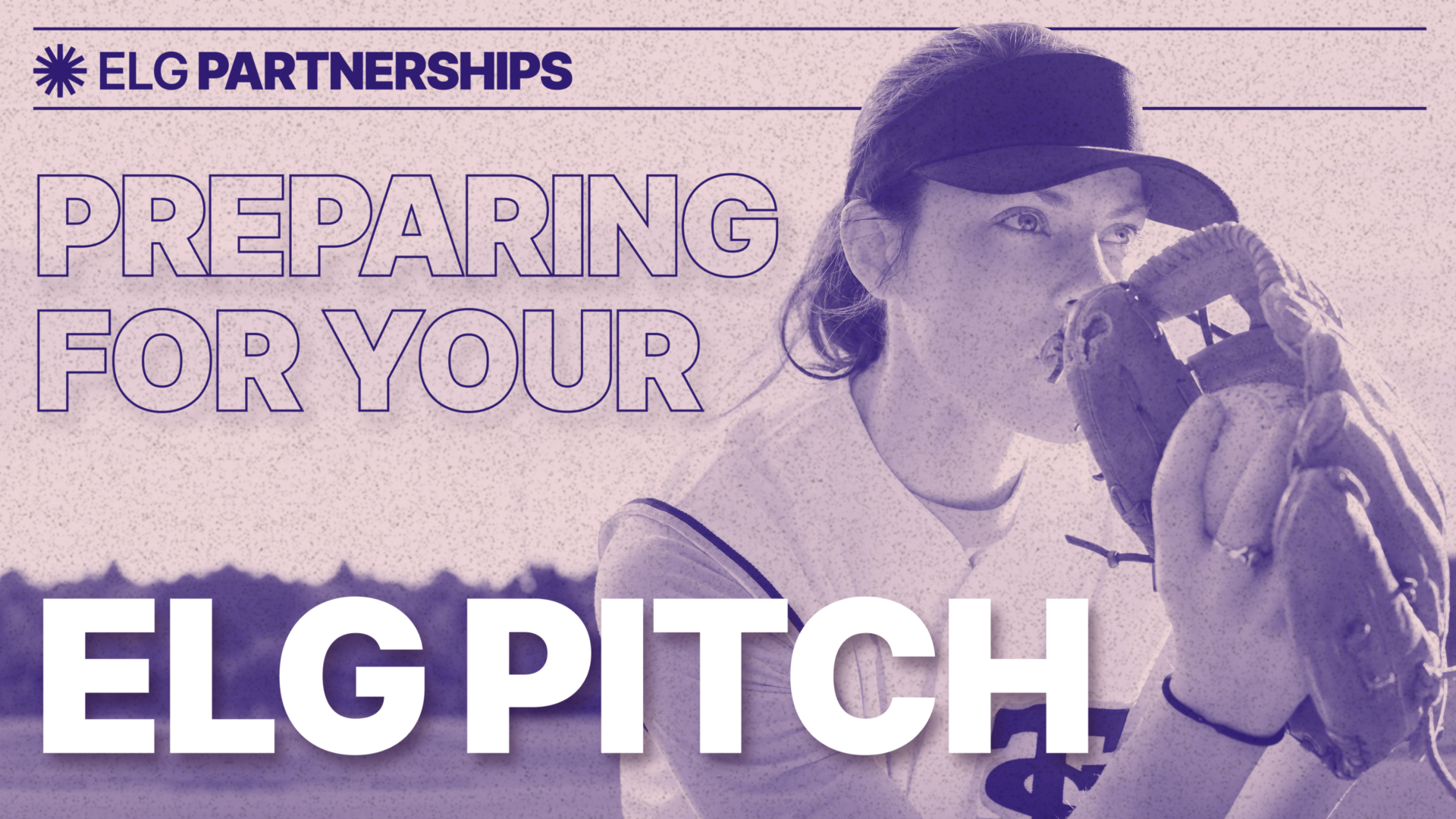

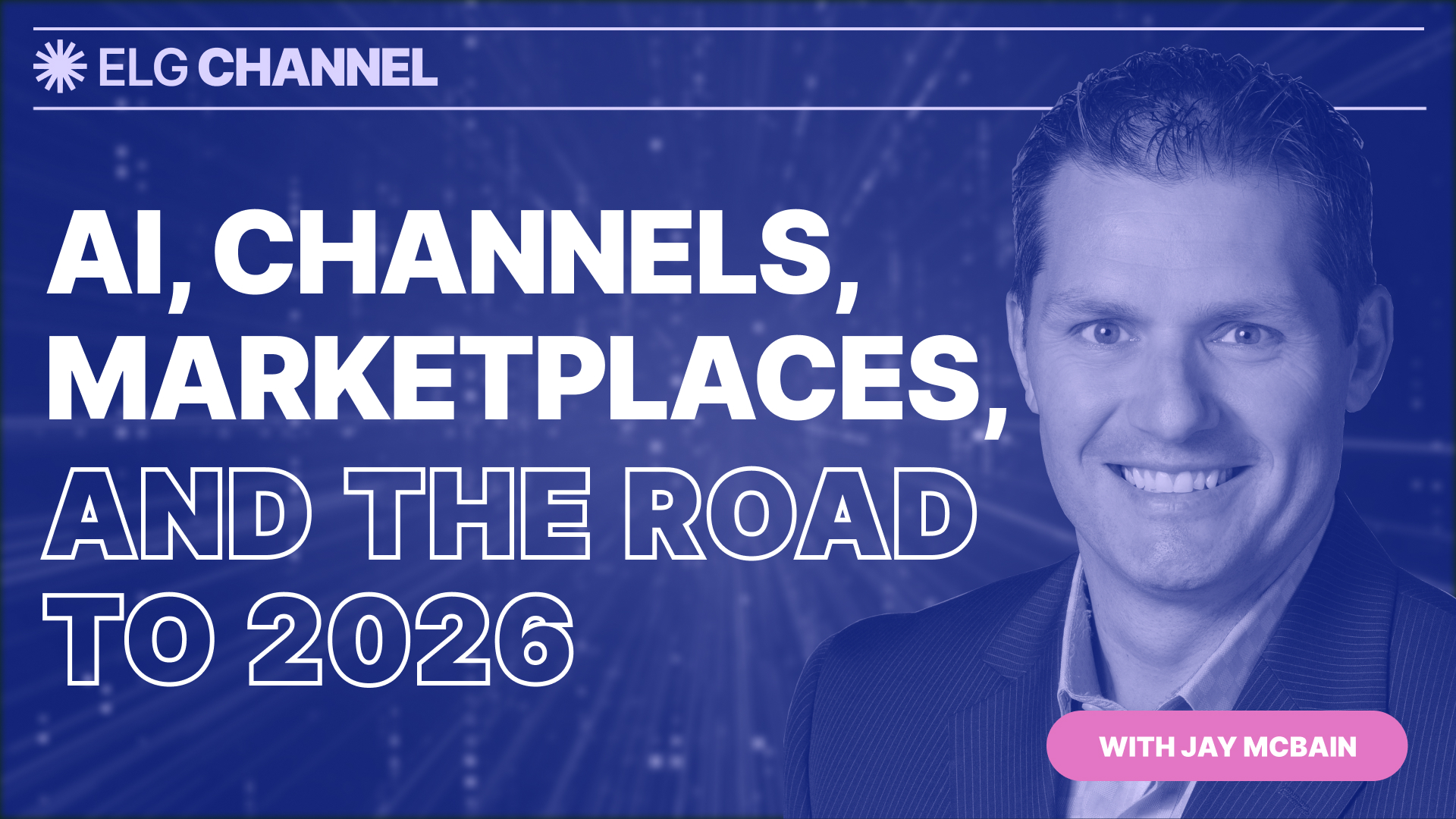
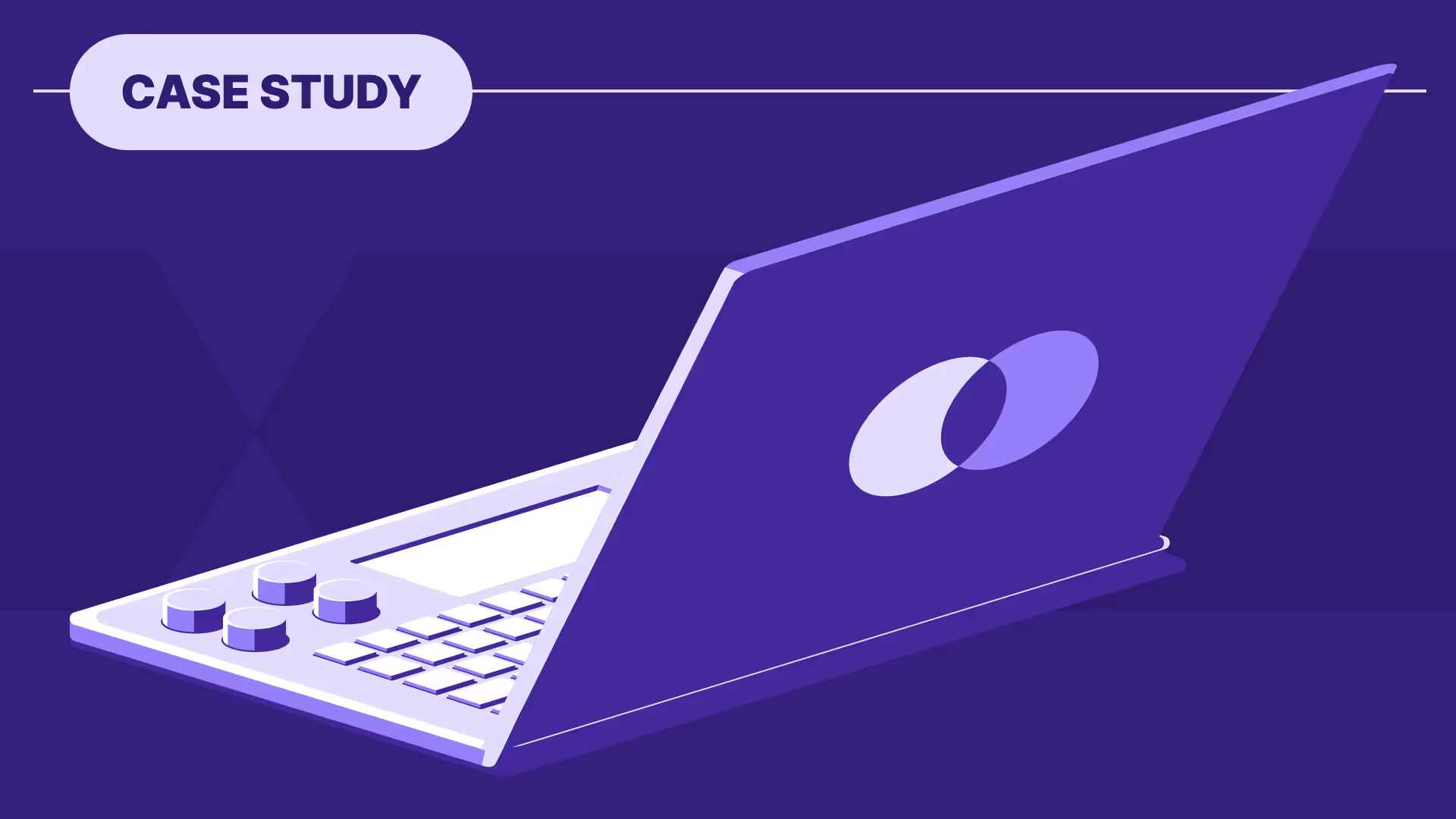
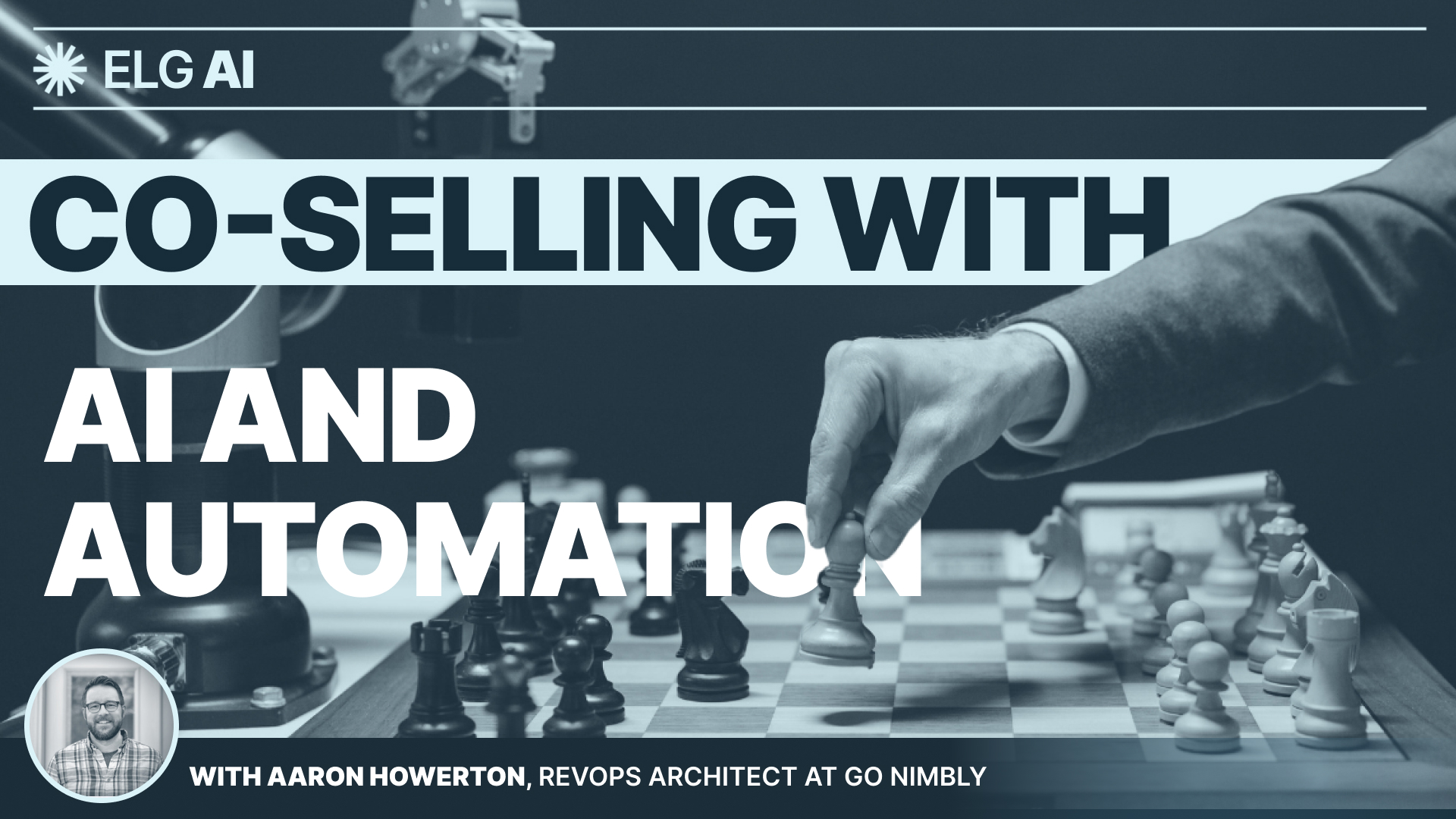
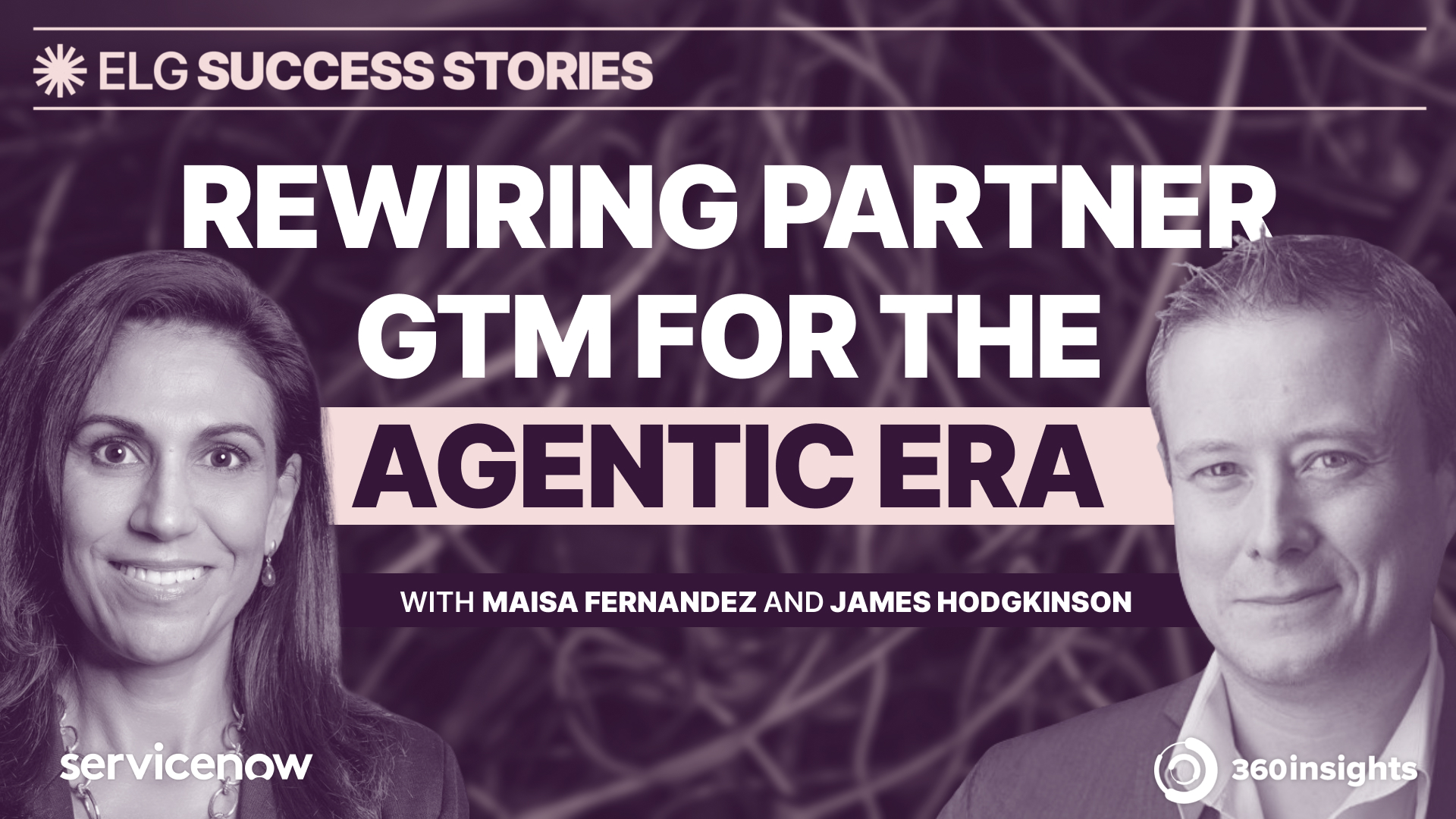
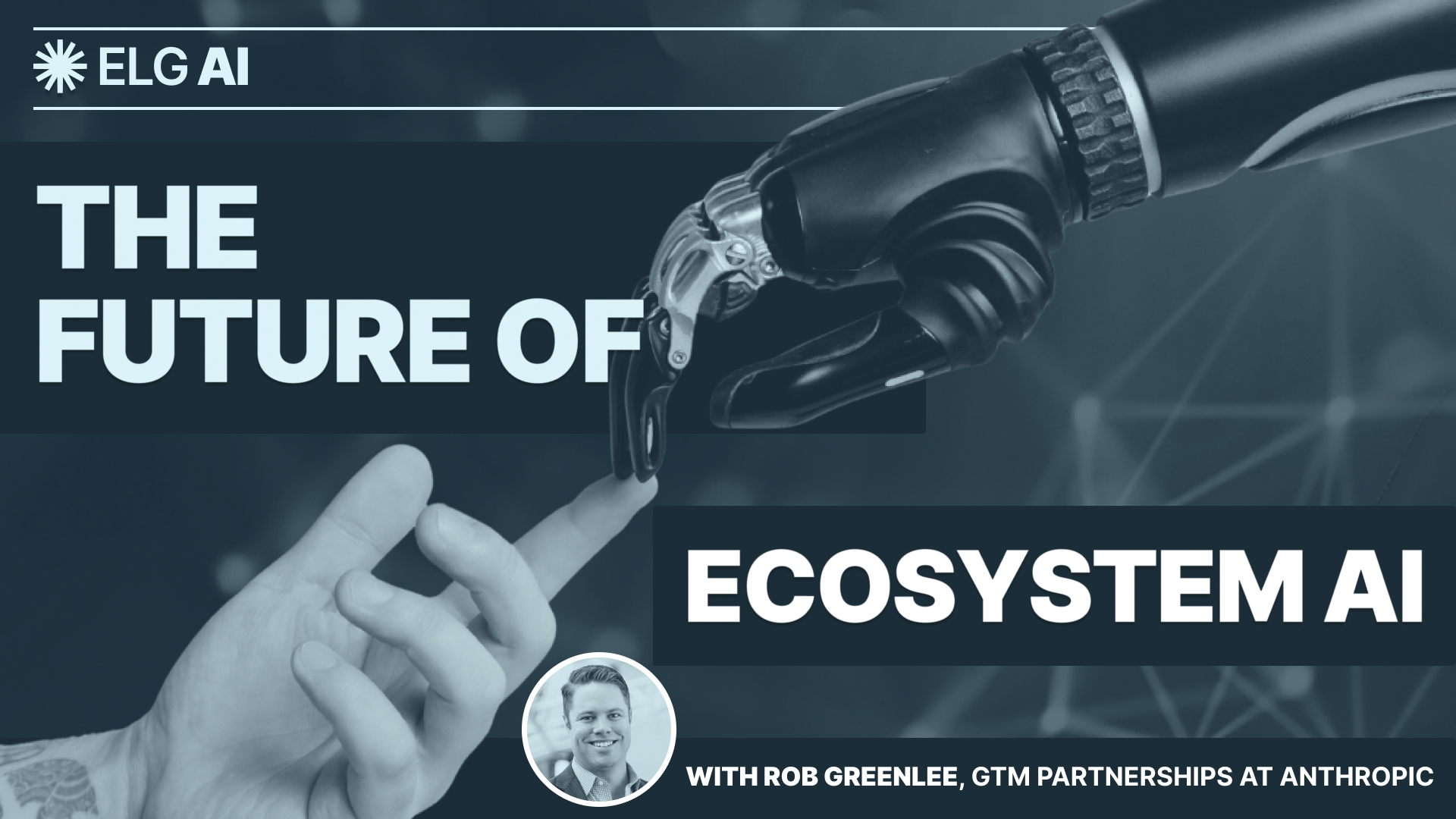
%20(1).jpg)
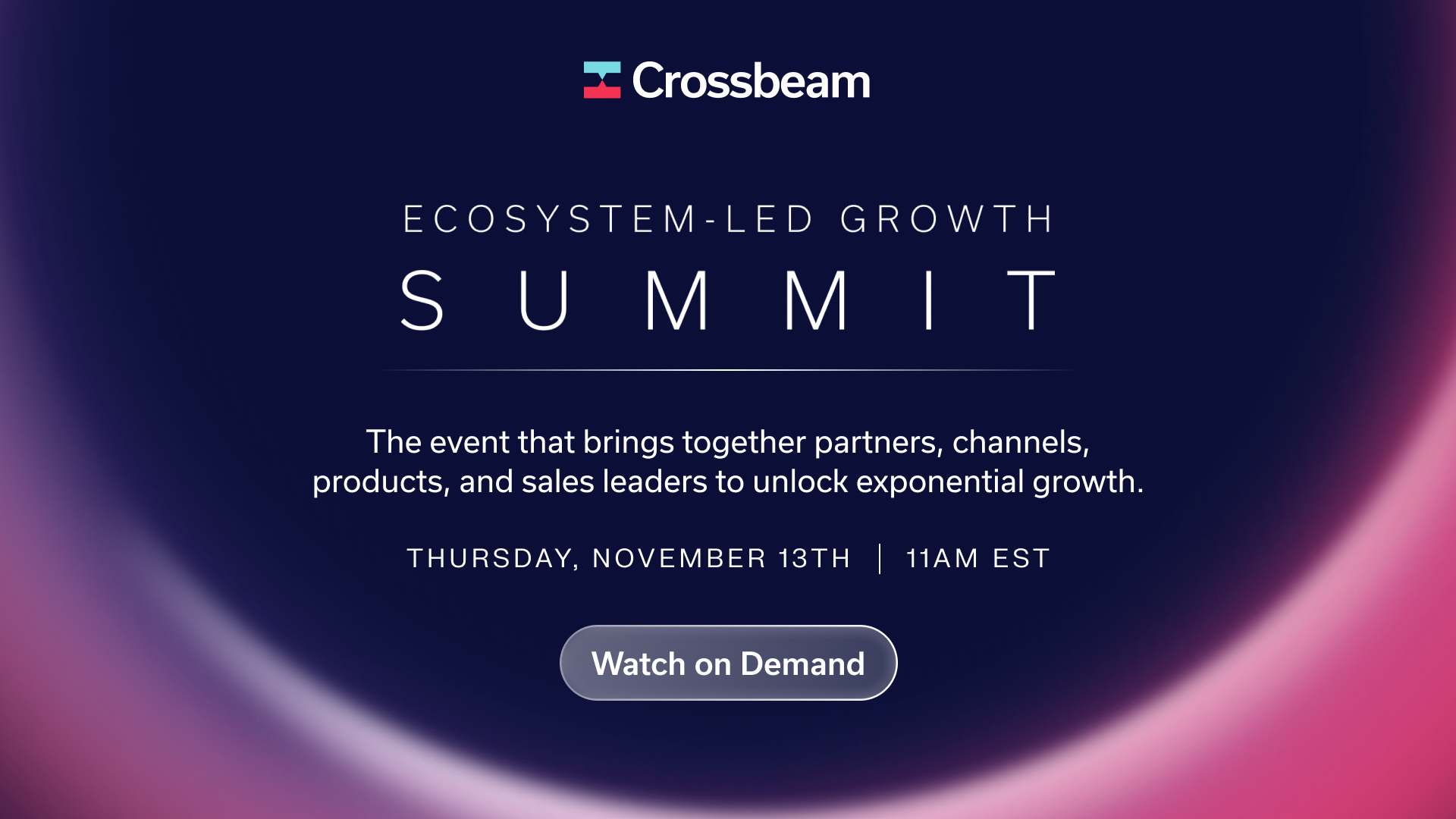

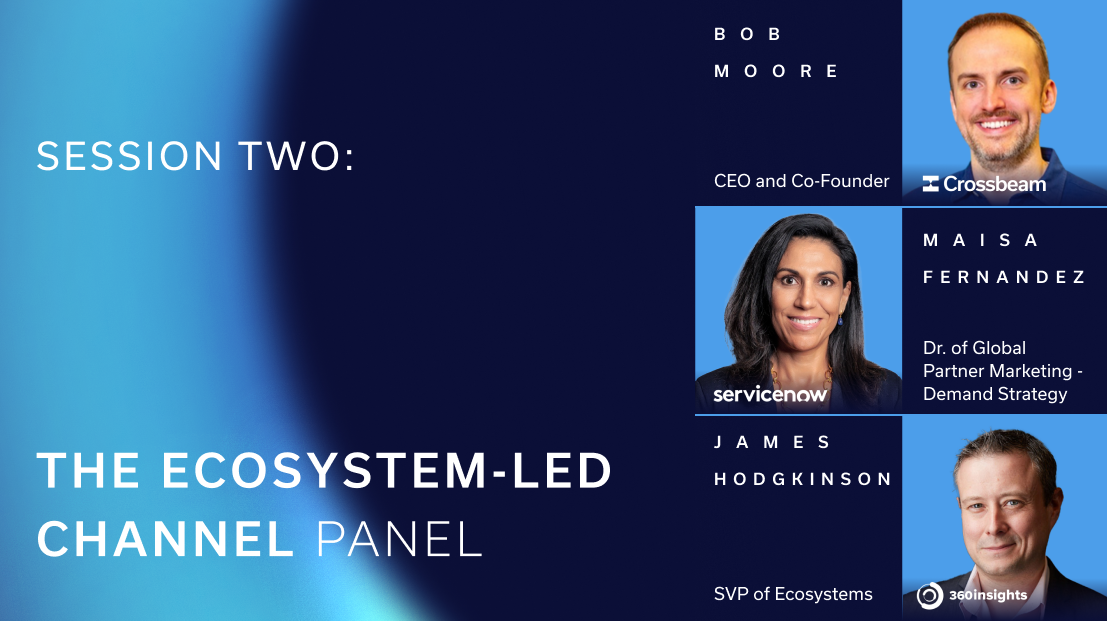
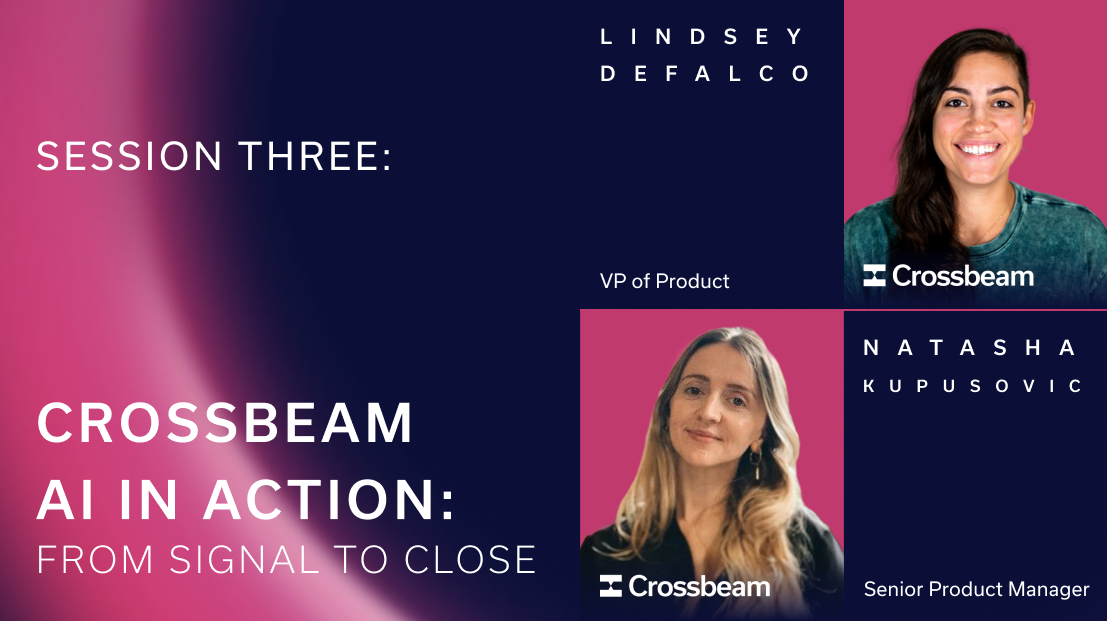

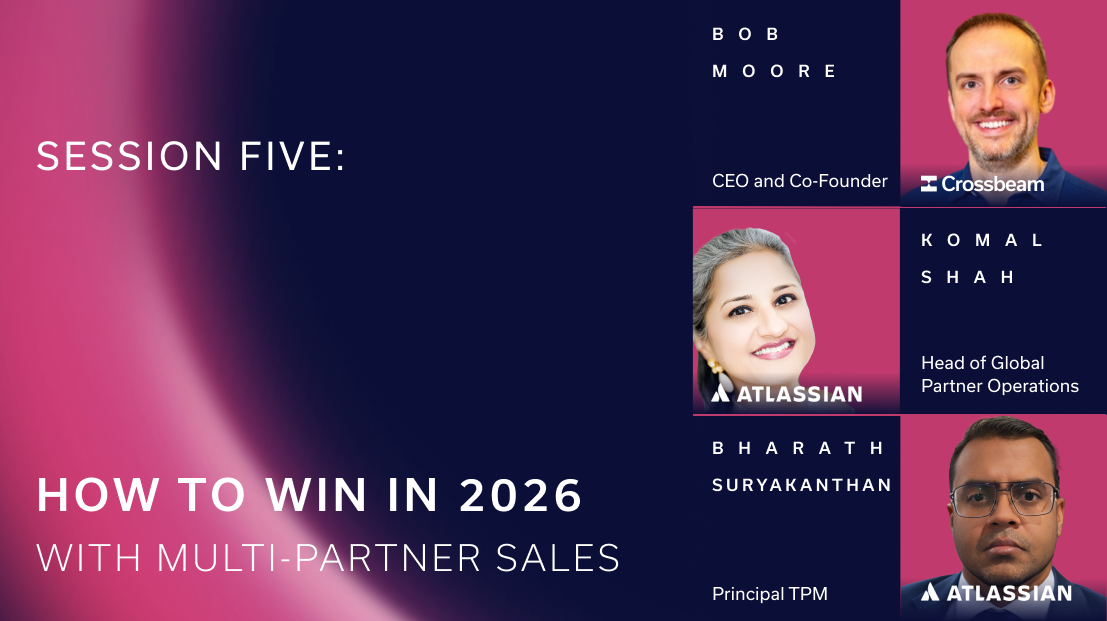
.png)
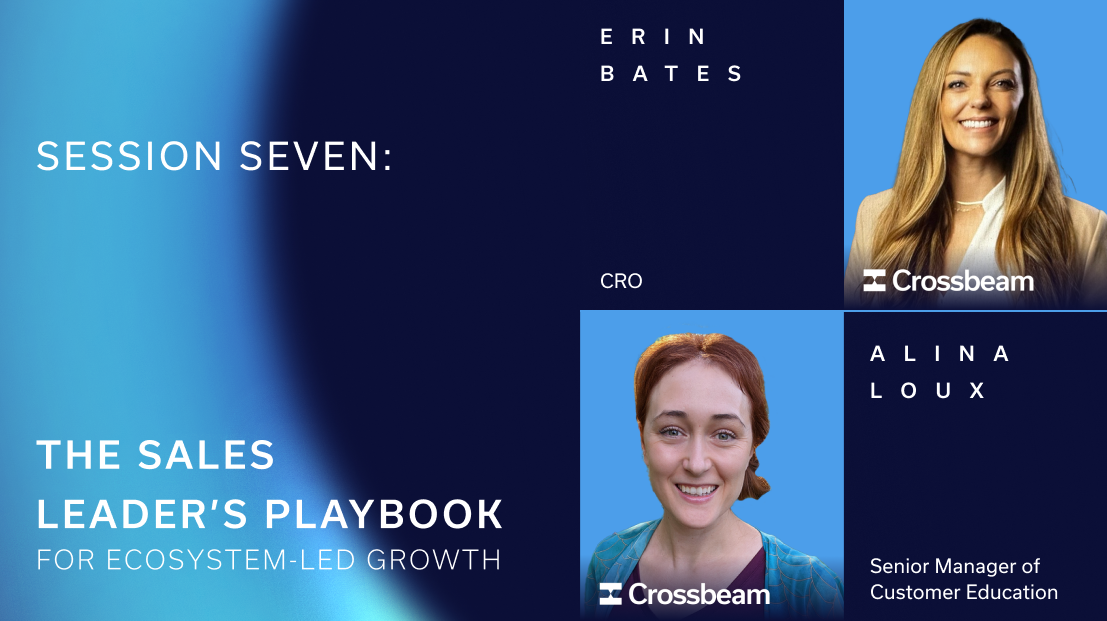


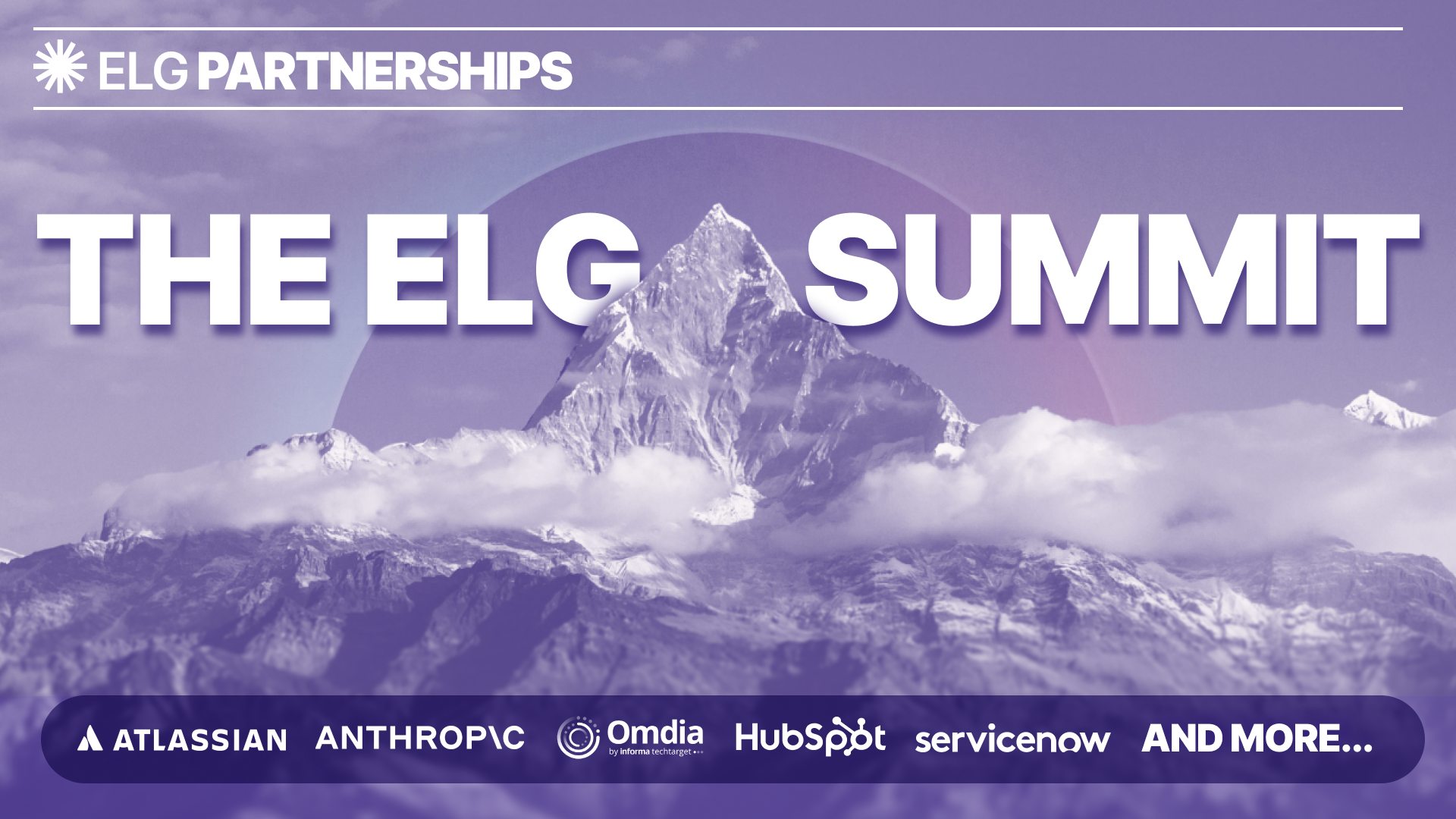

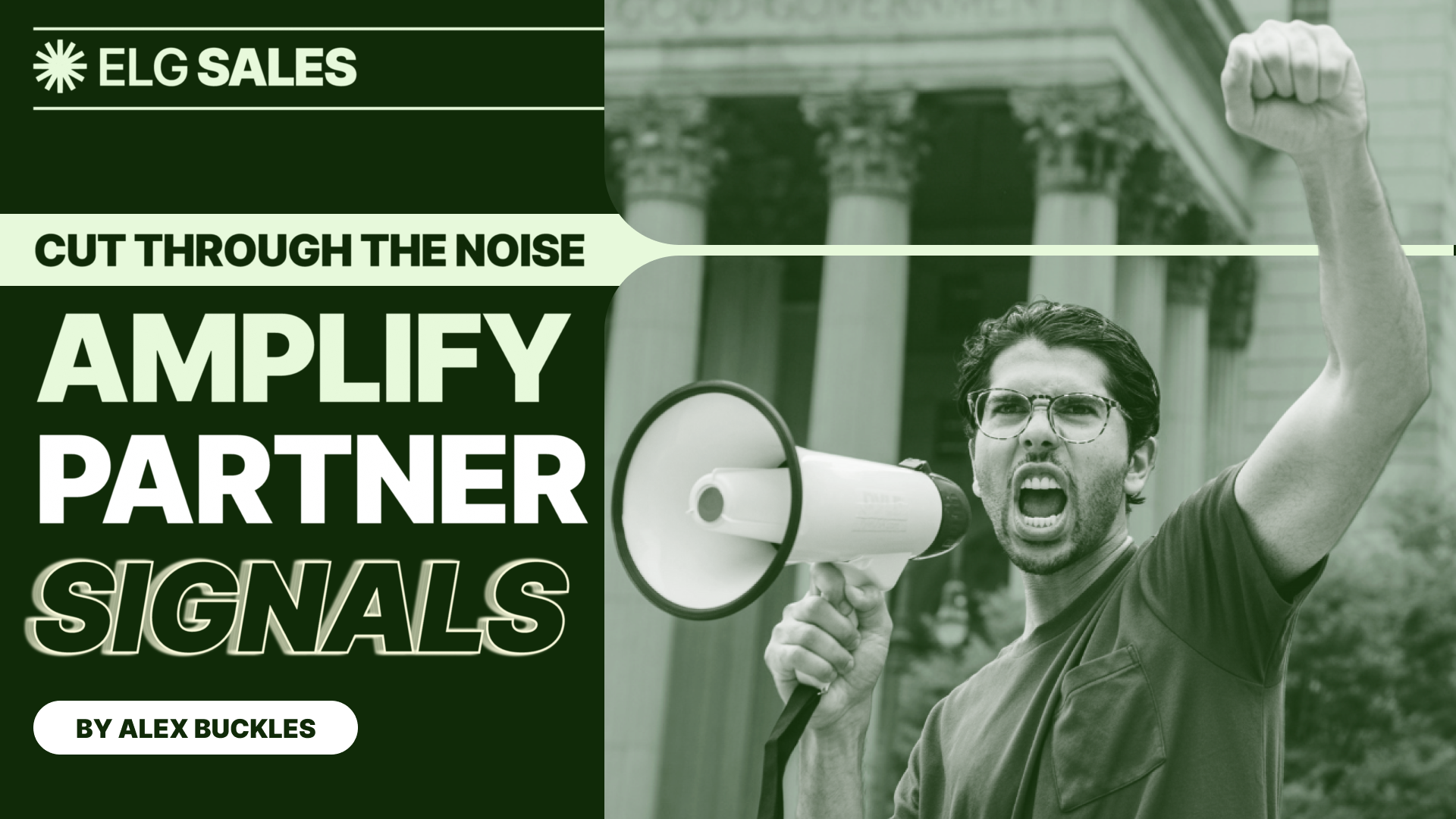






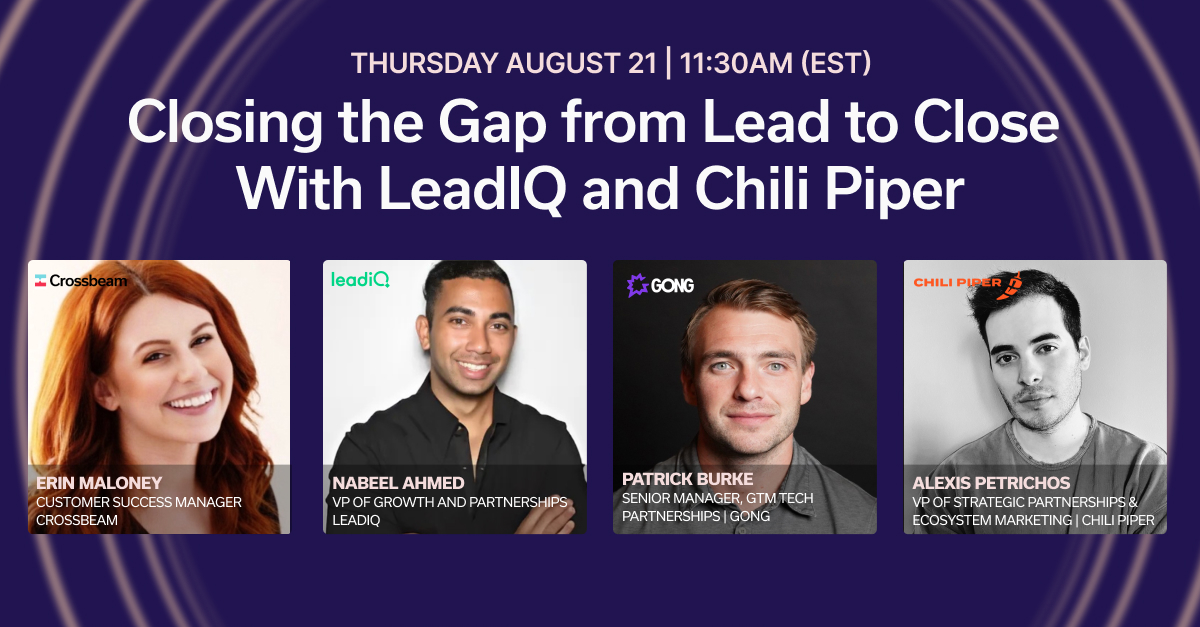
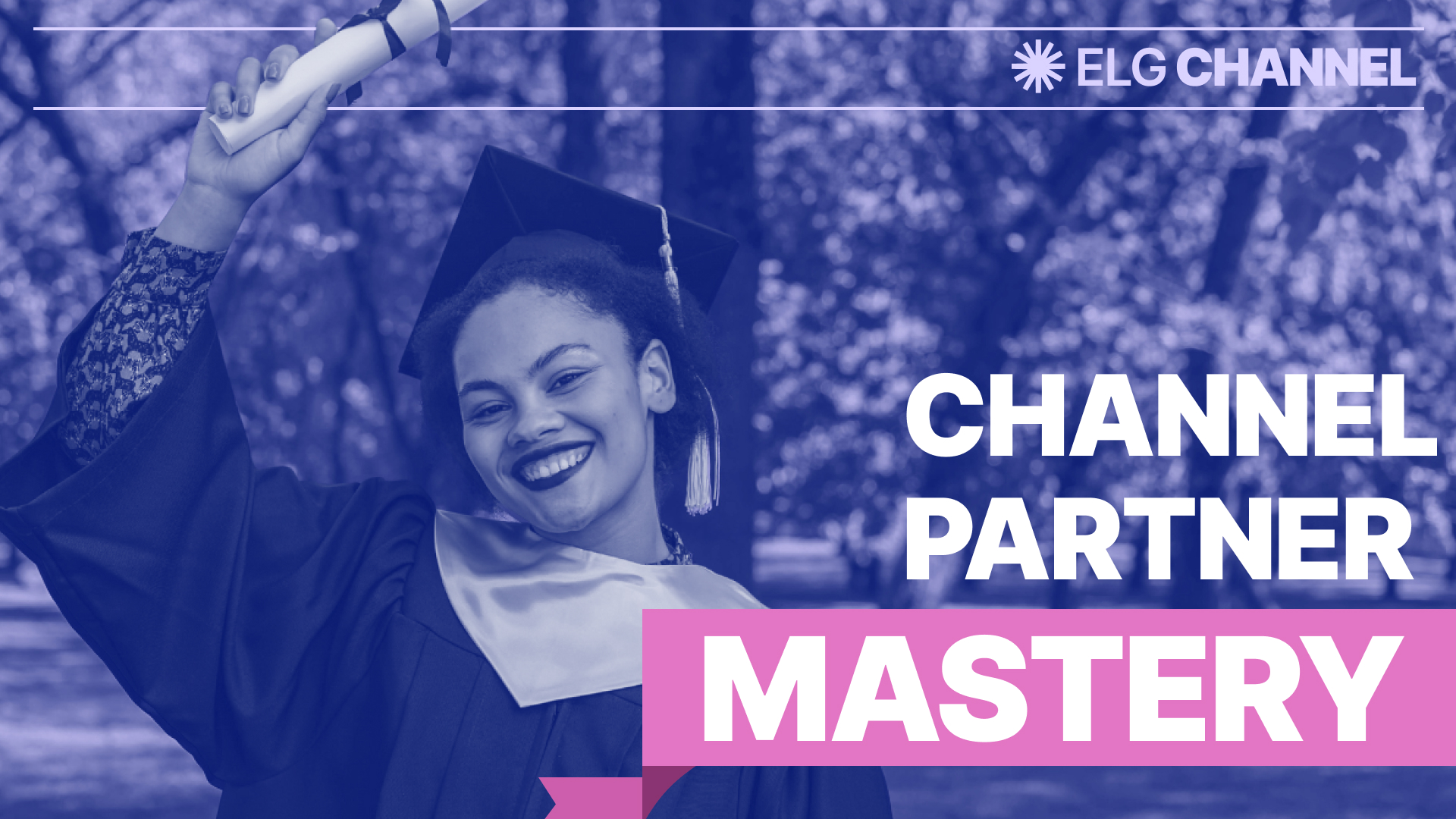
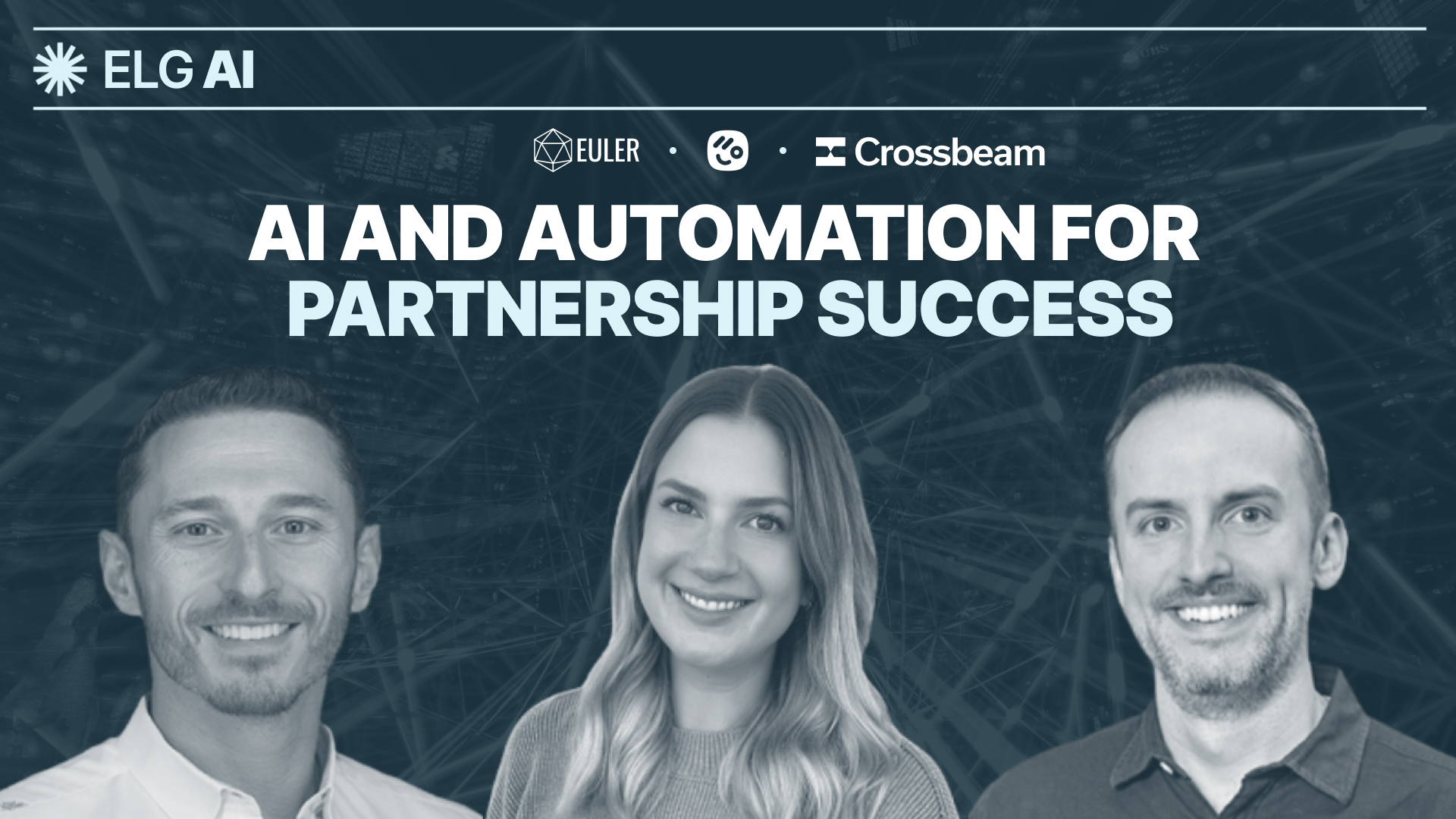
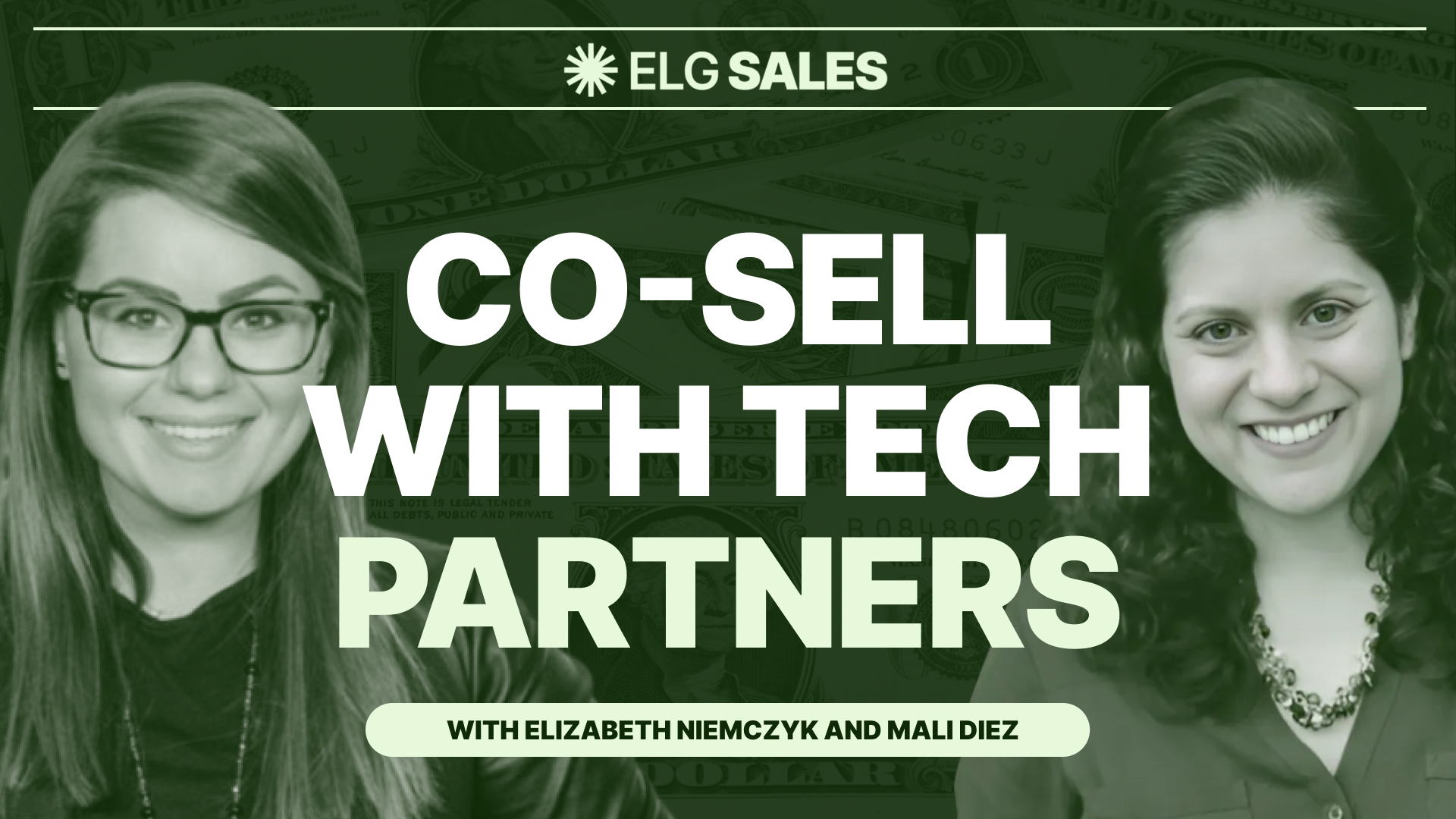
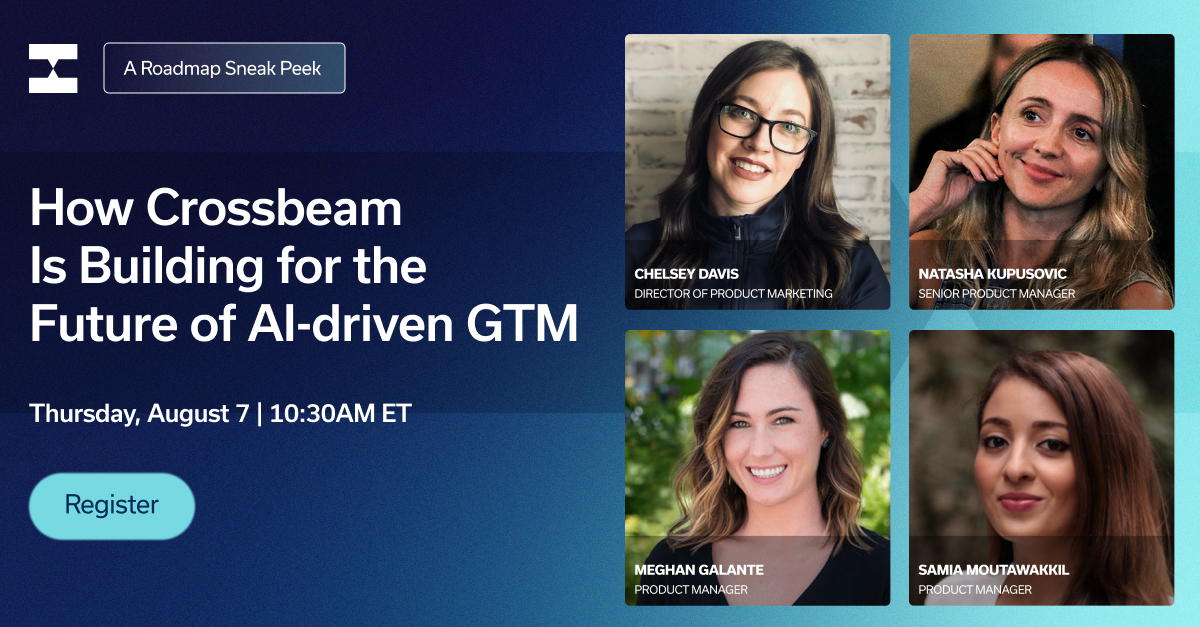
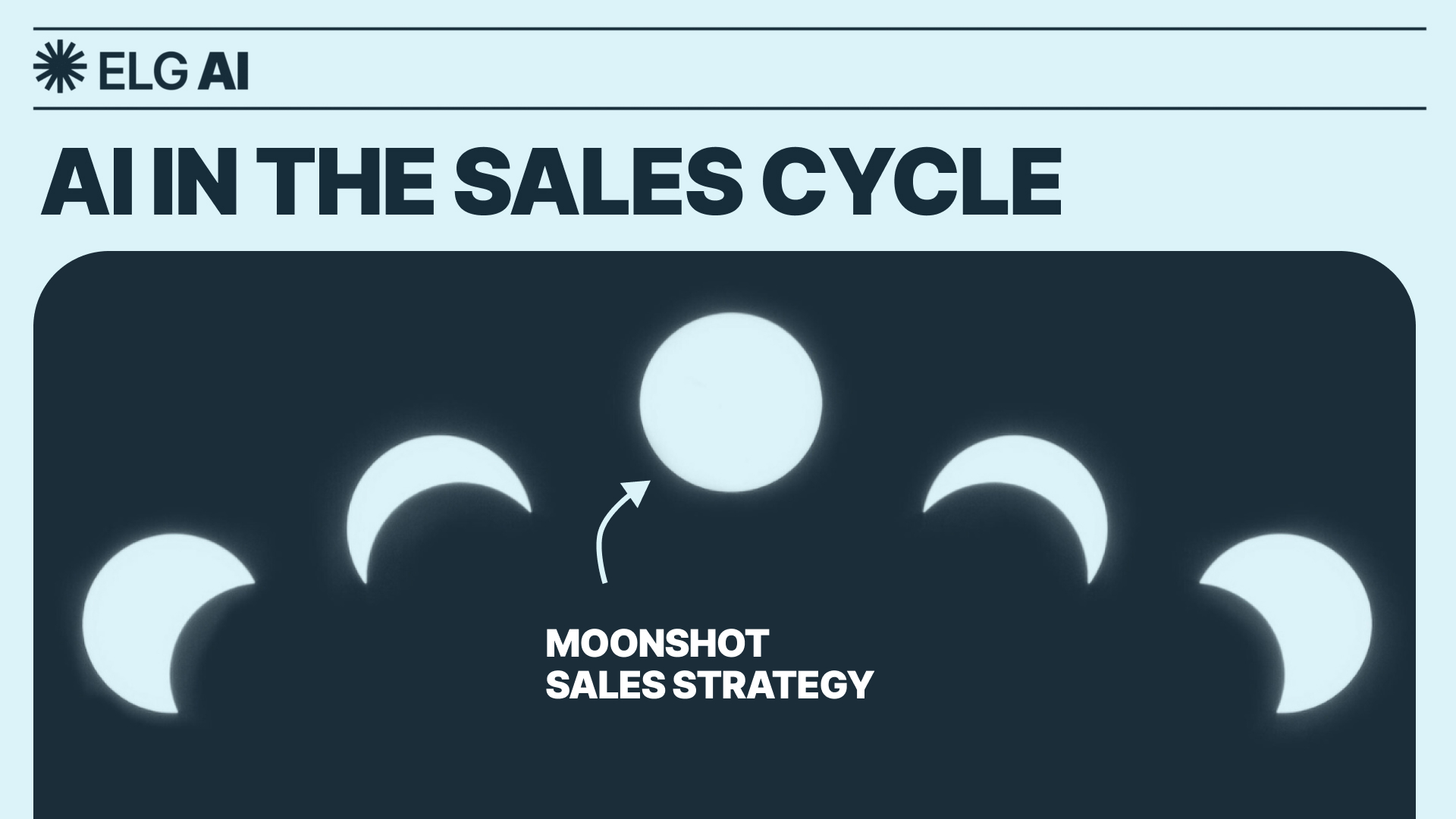
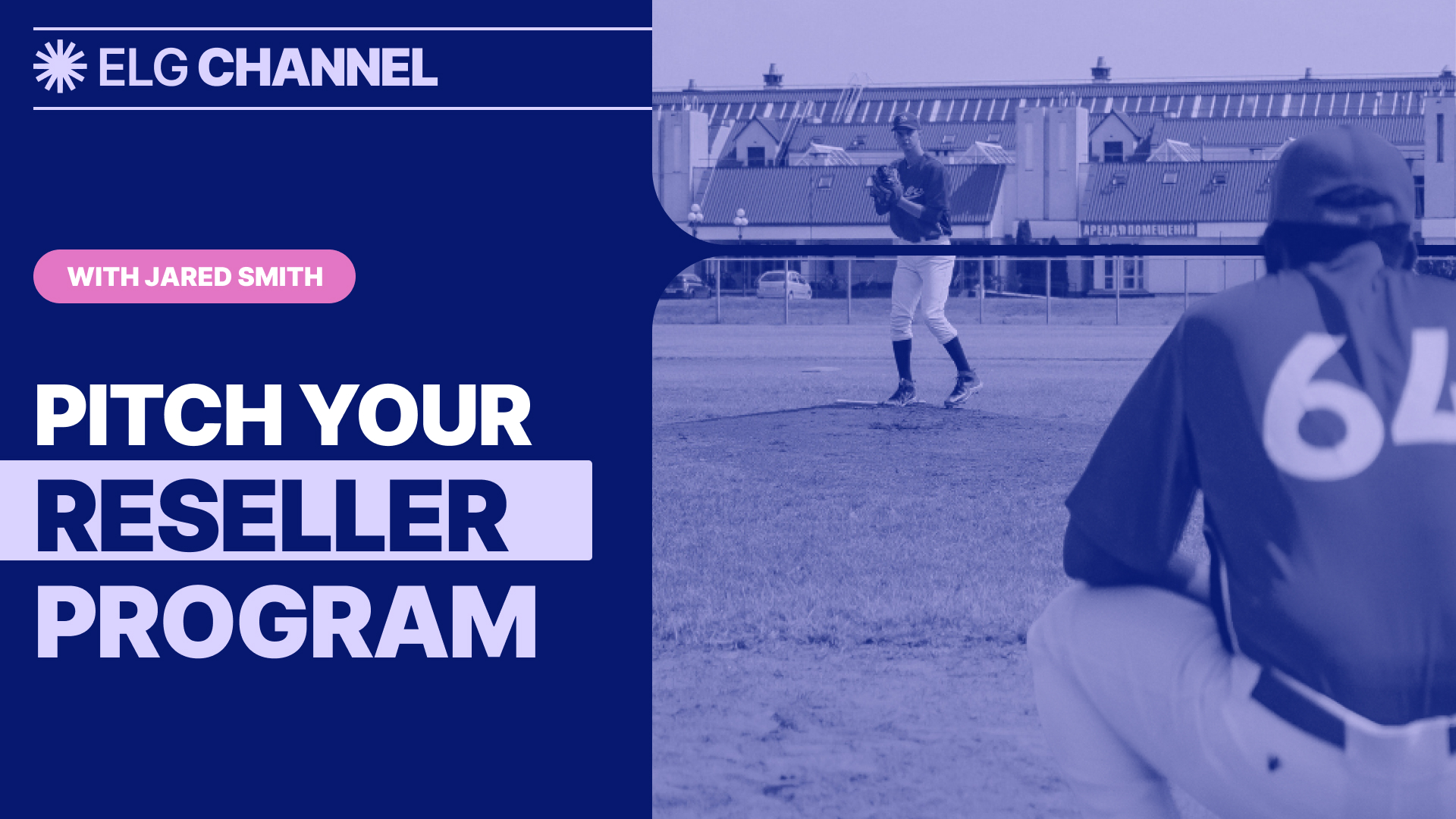
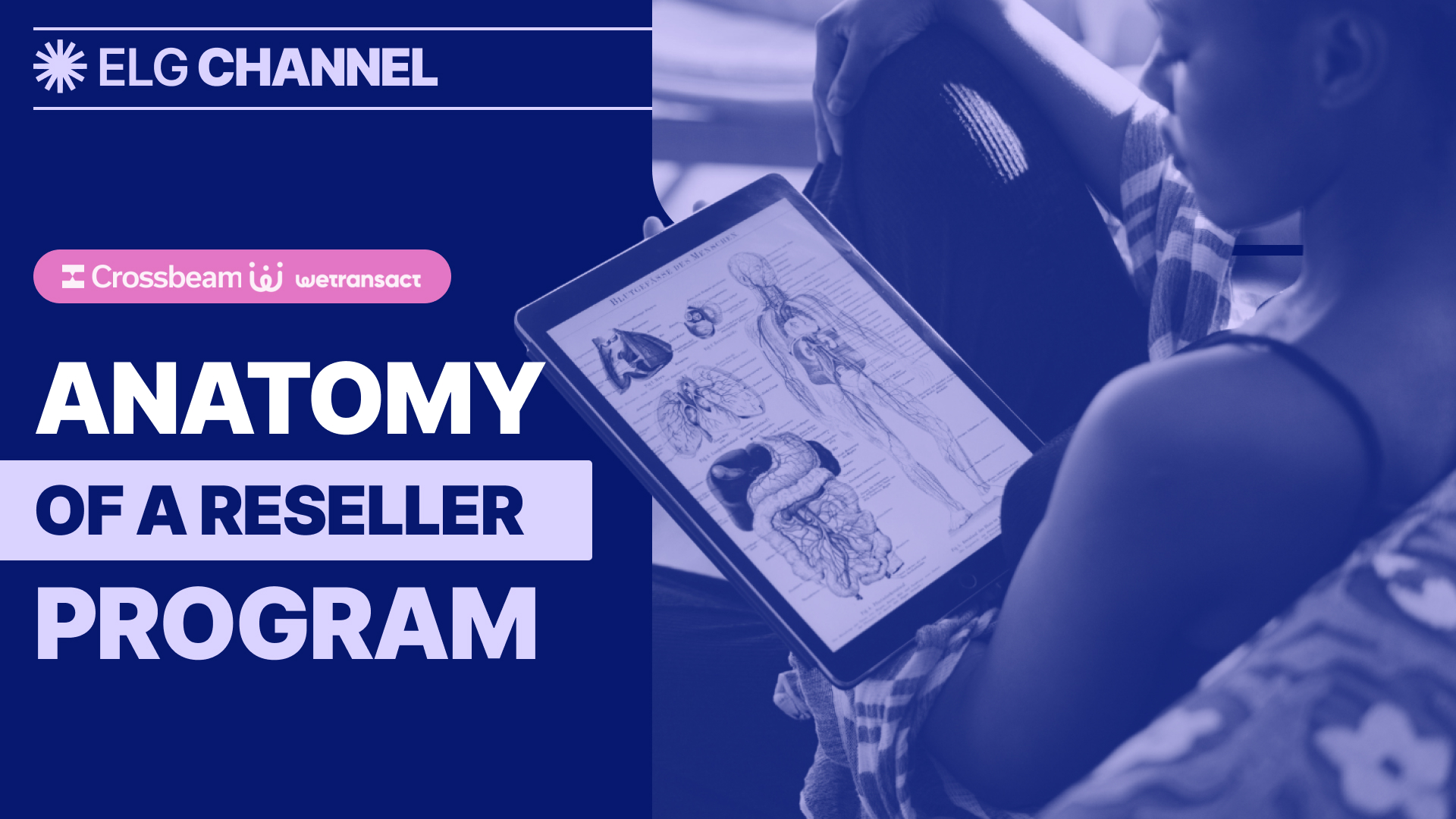
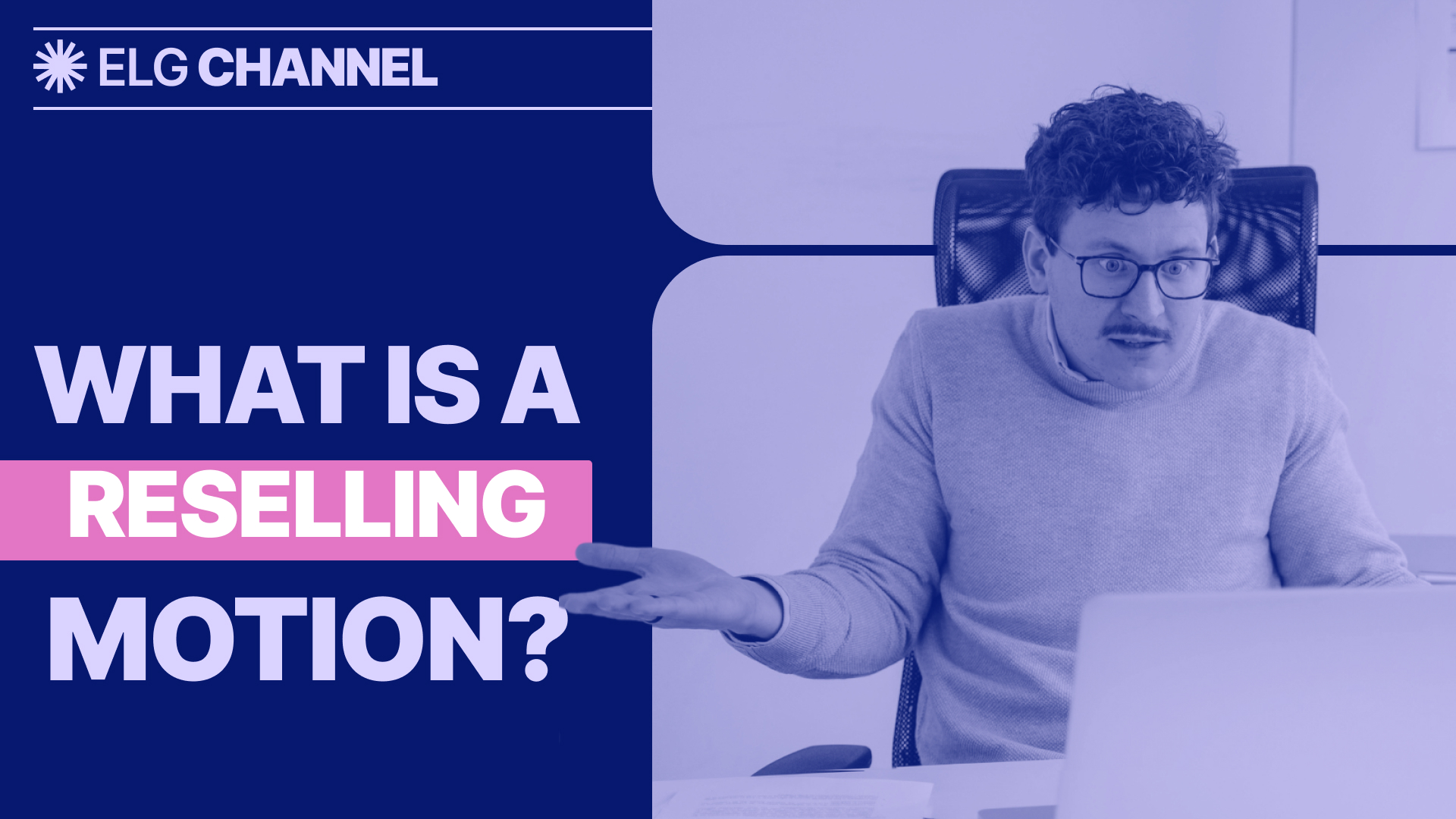
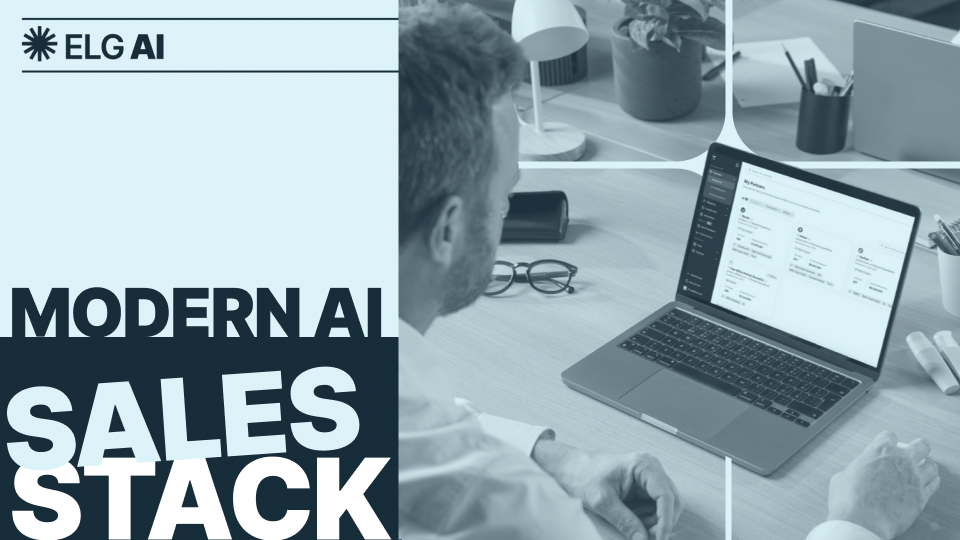
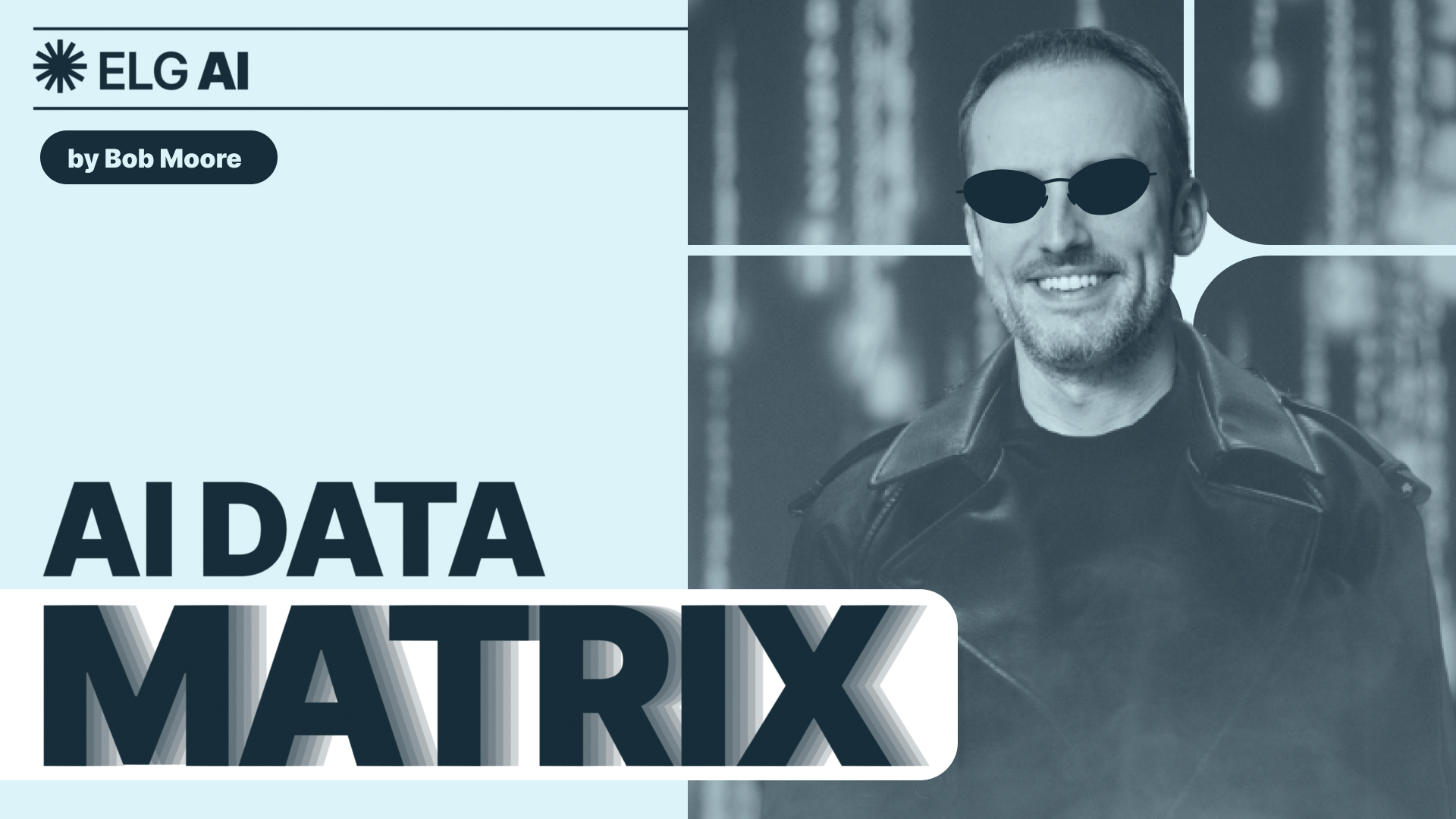
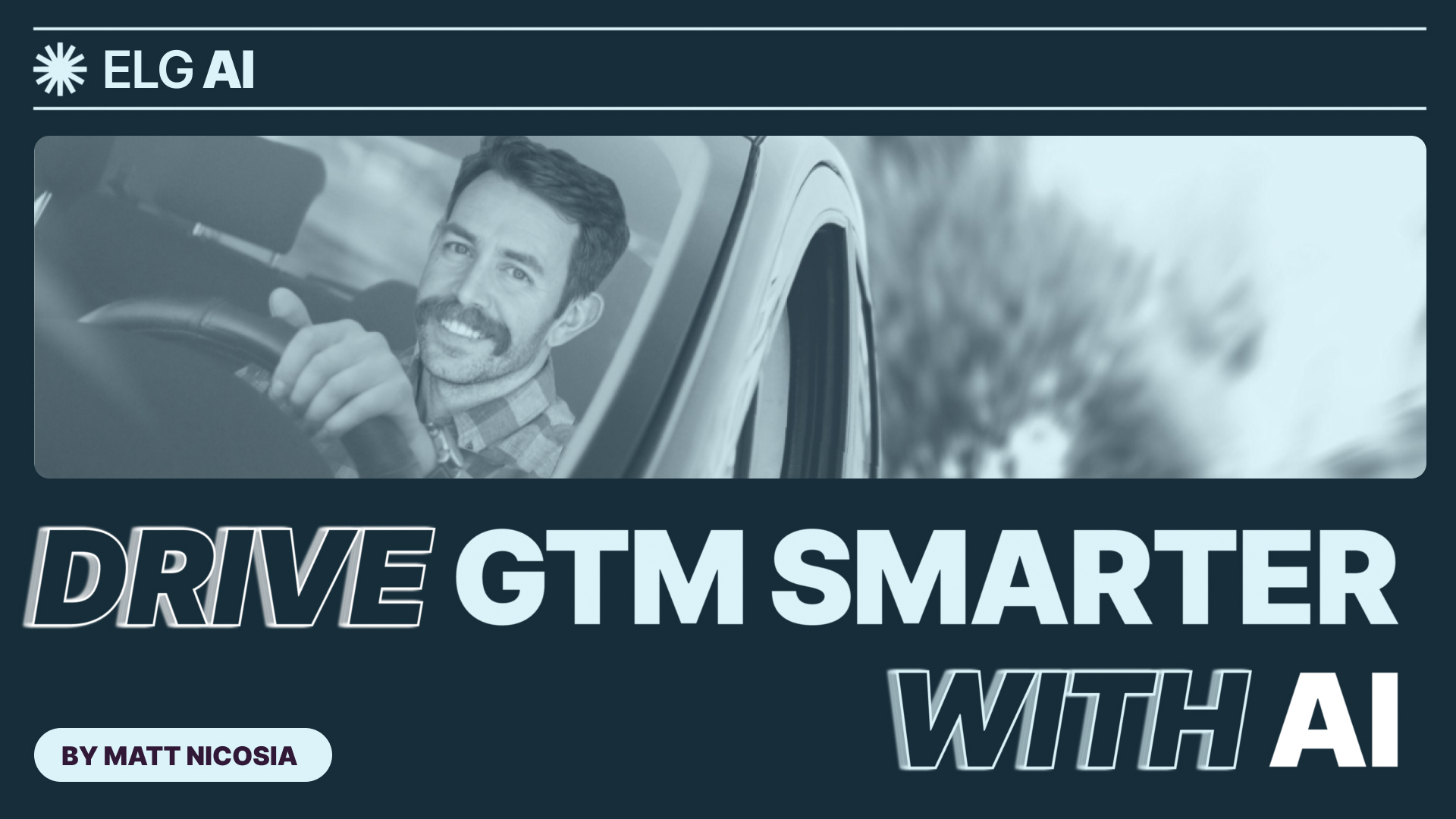

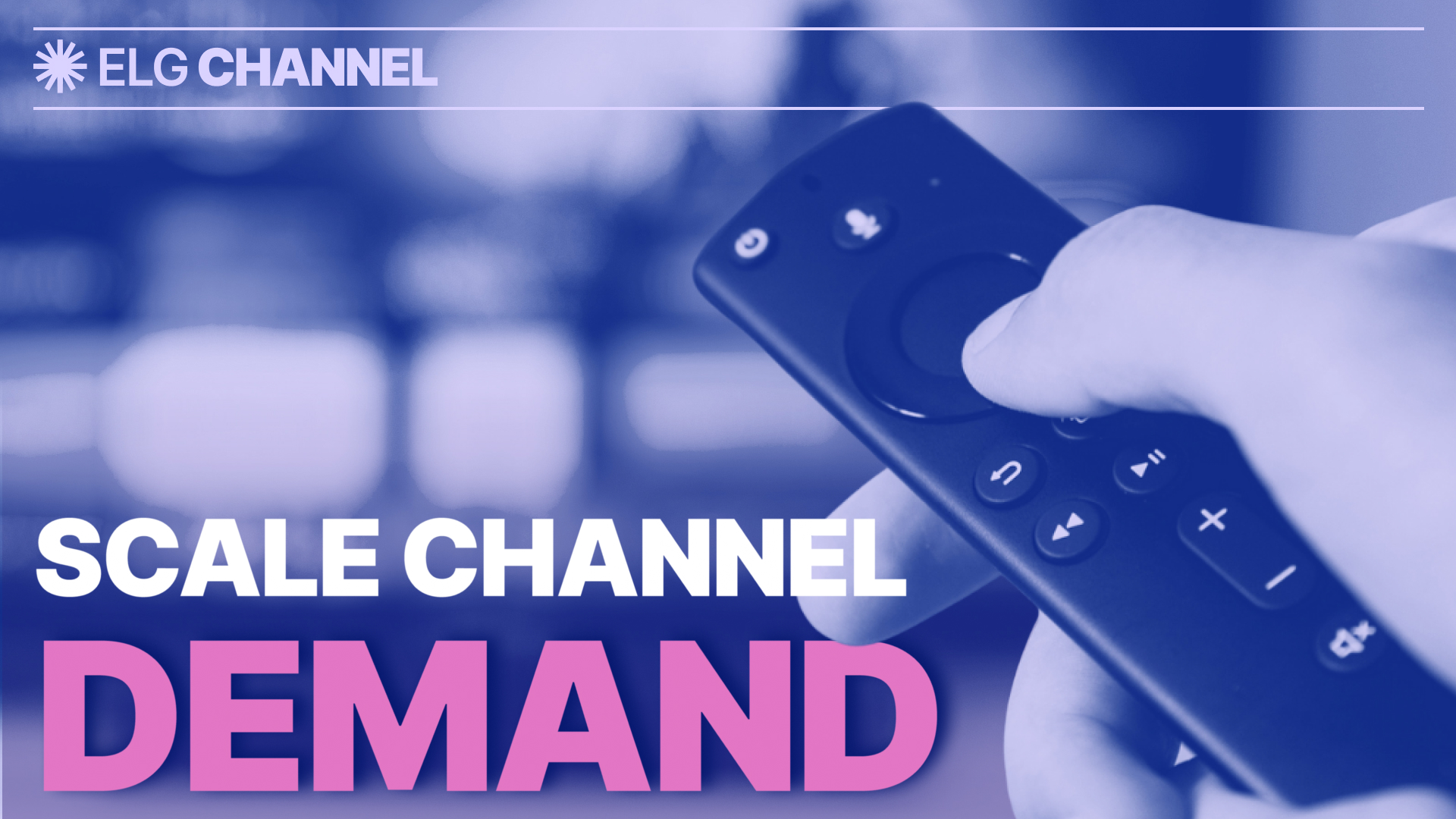


.jpg)




.png)



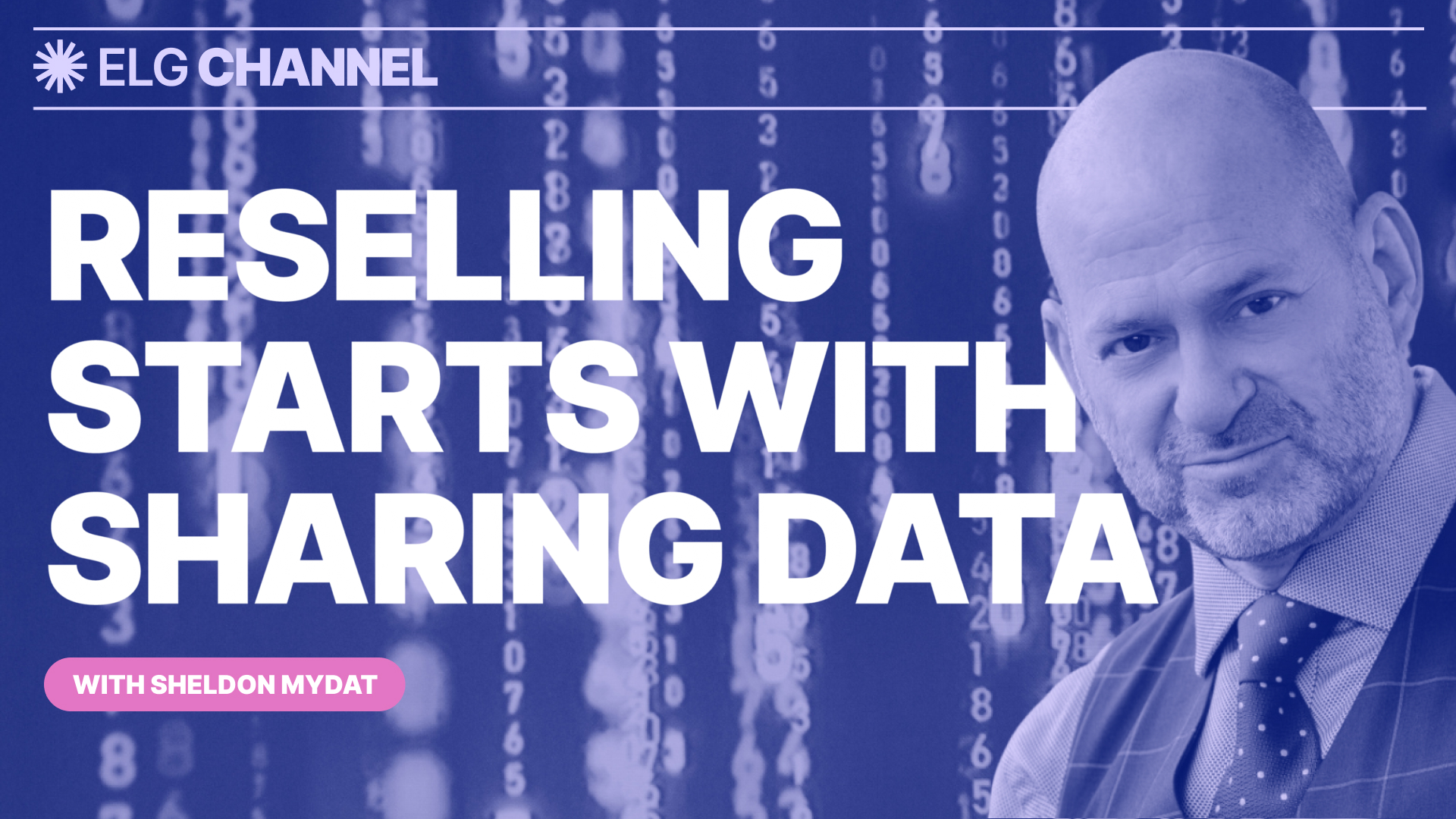


.jpg)





.jpg)

.webp)
















.webp)